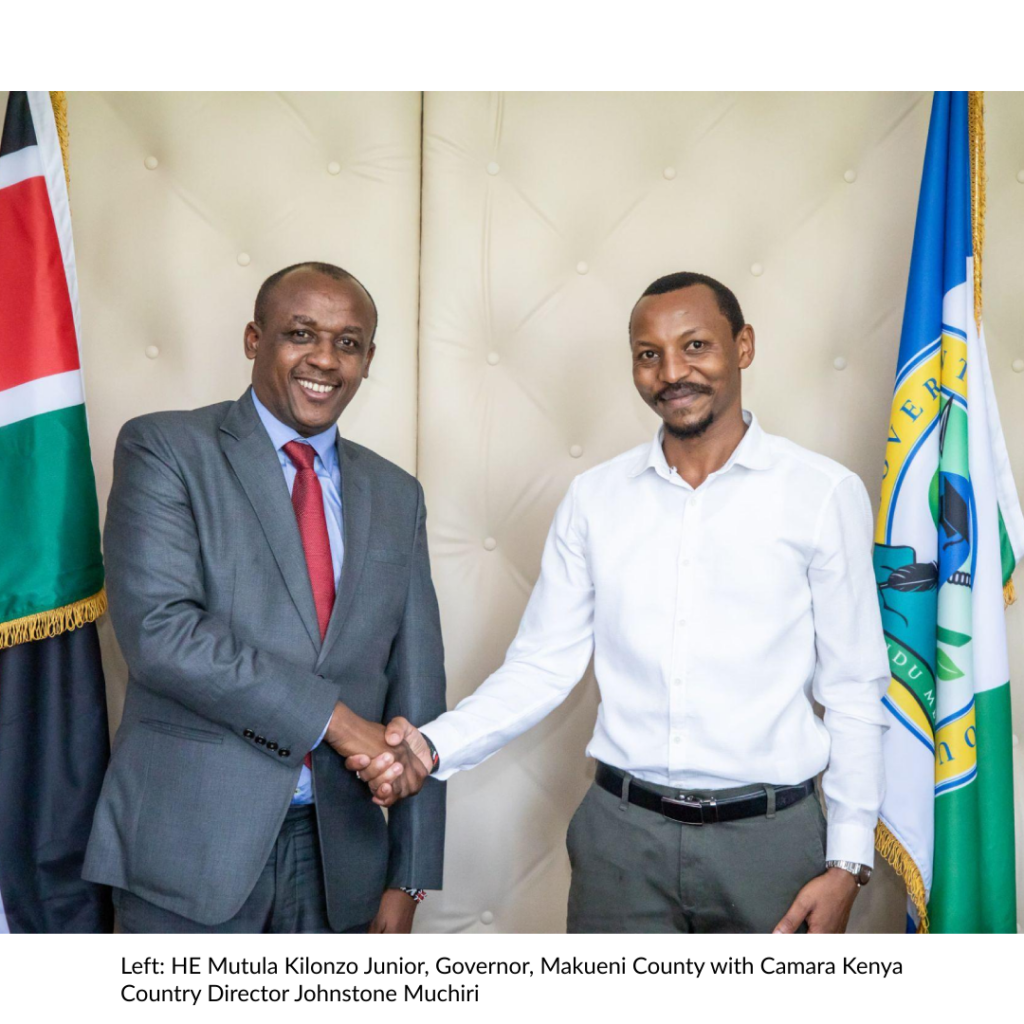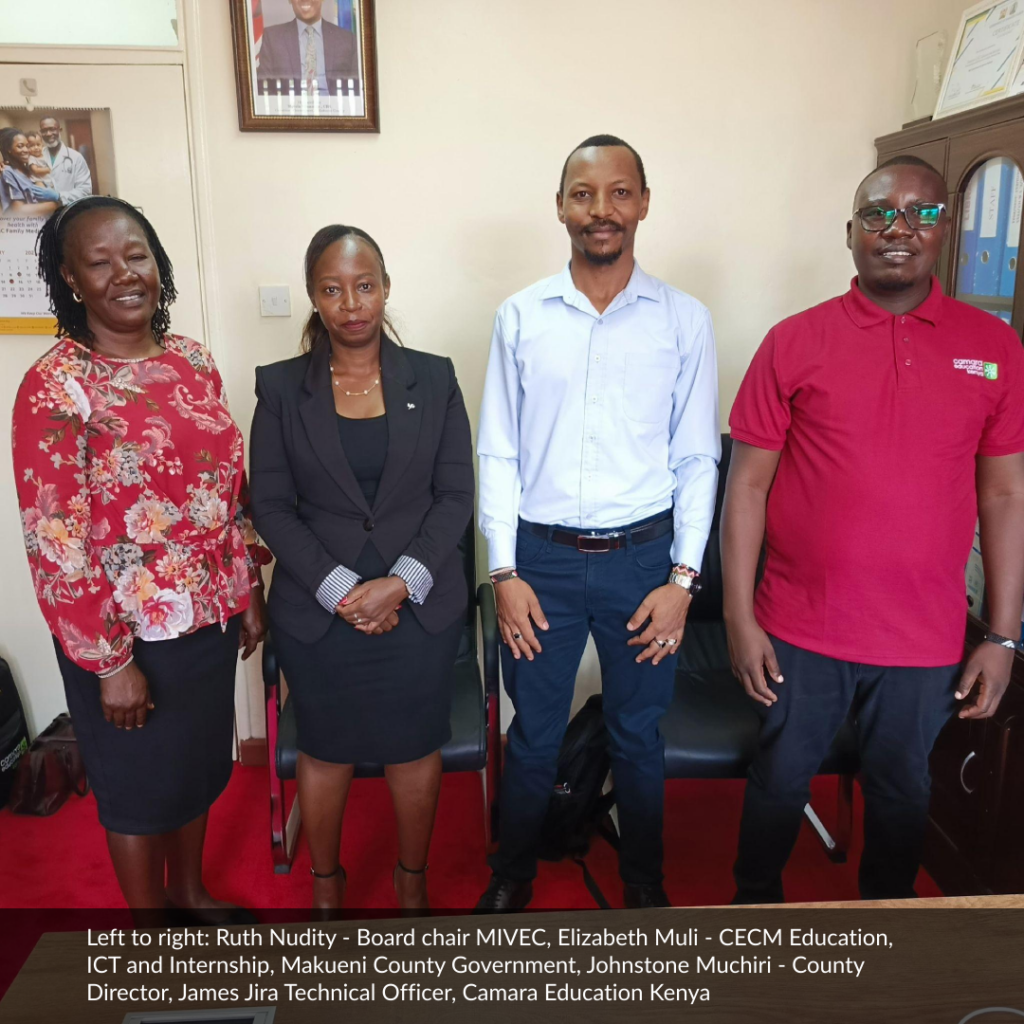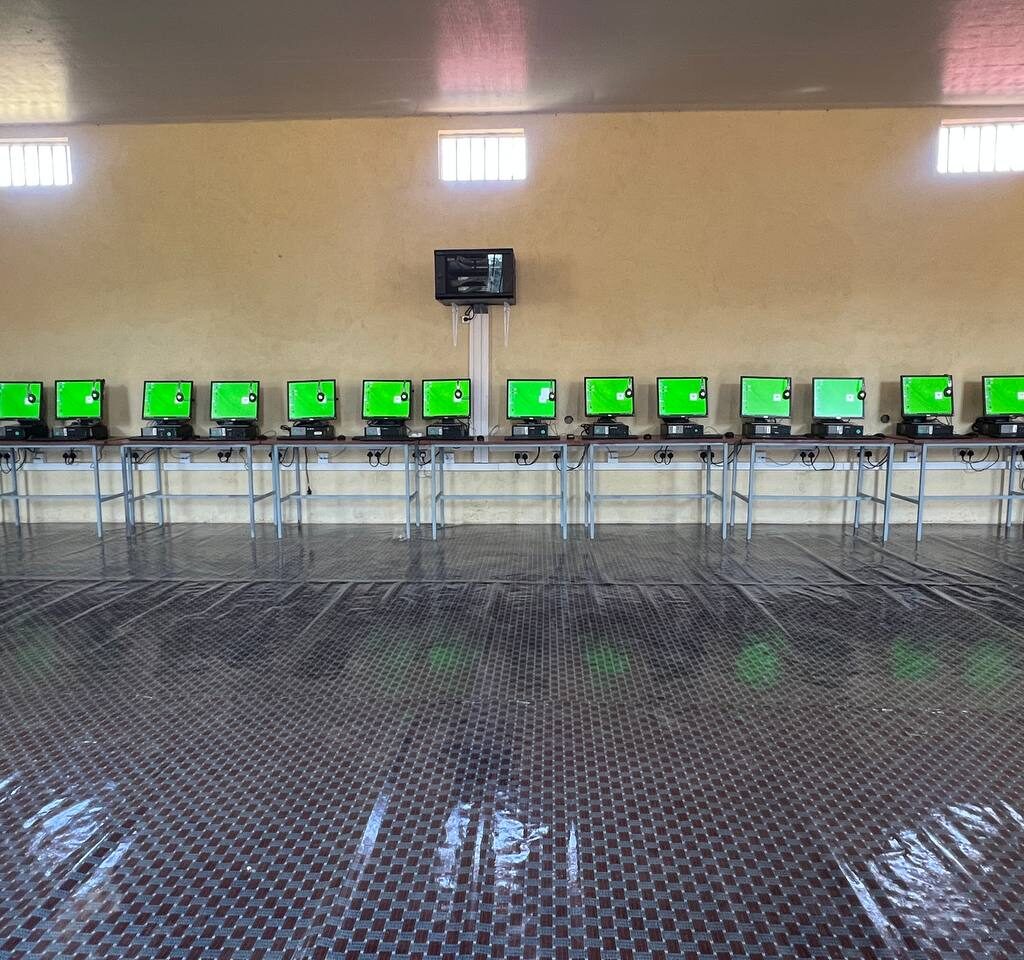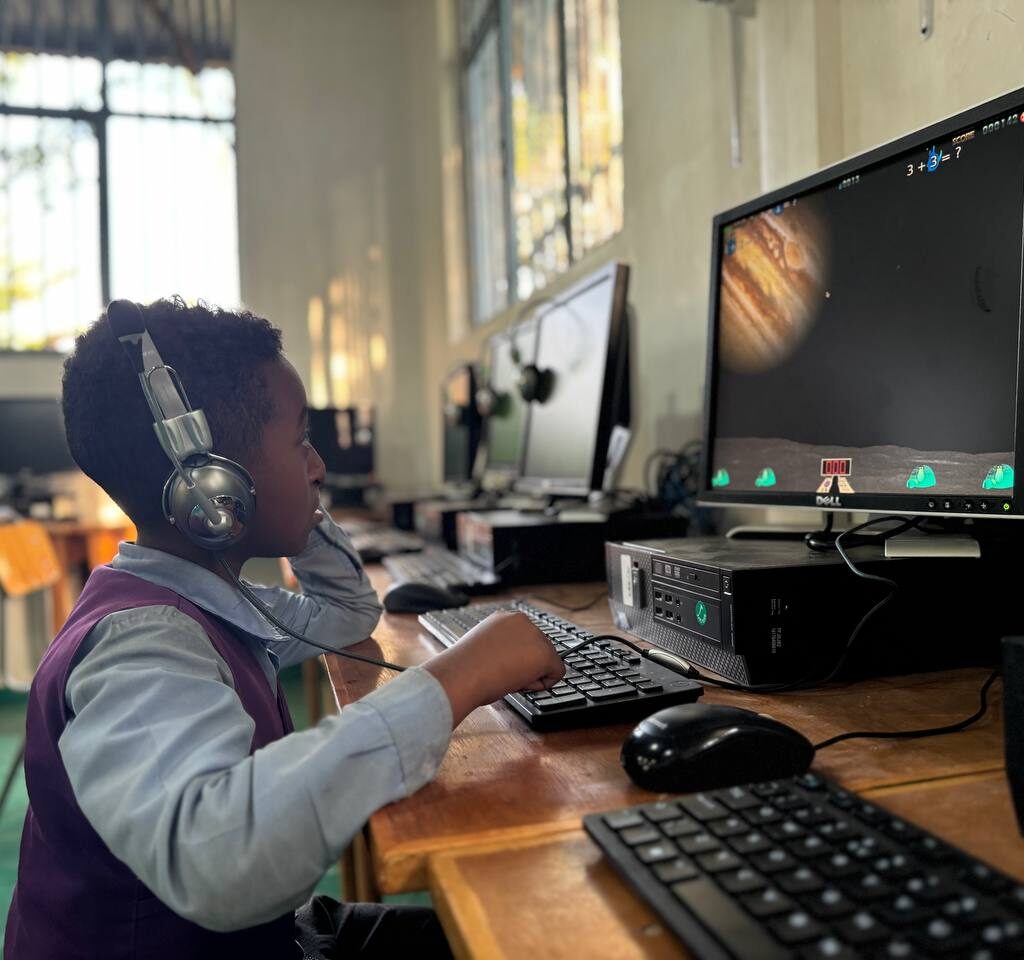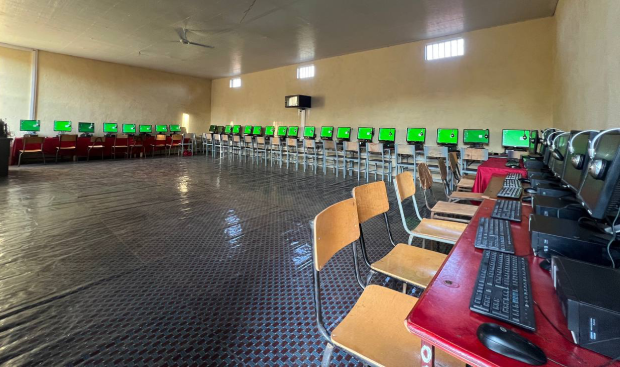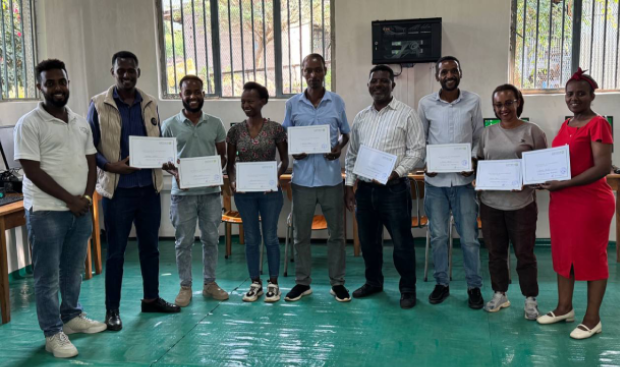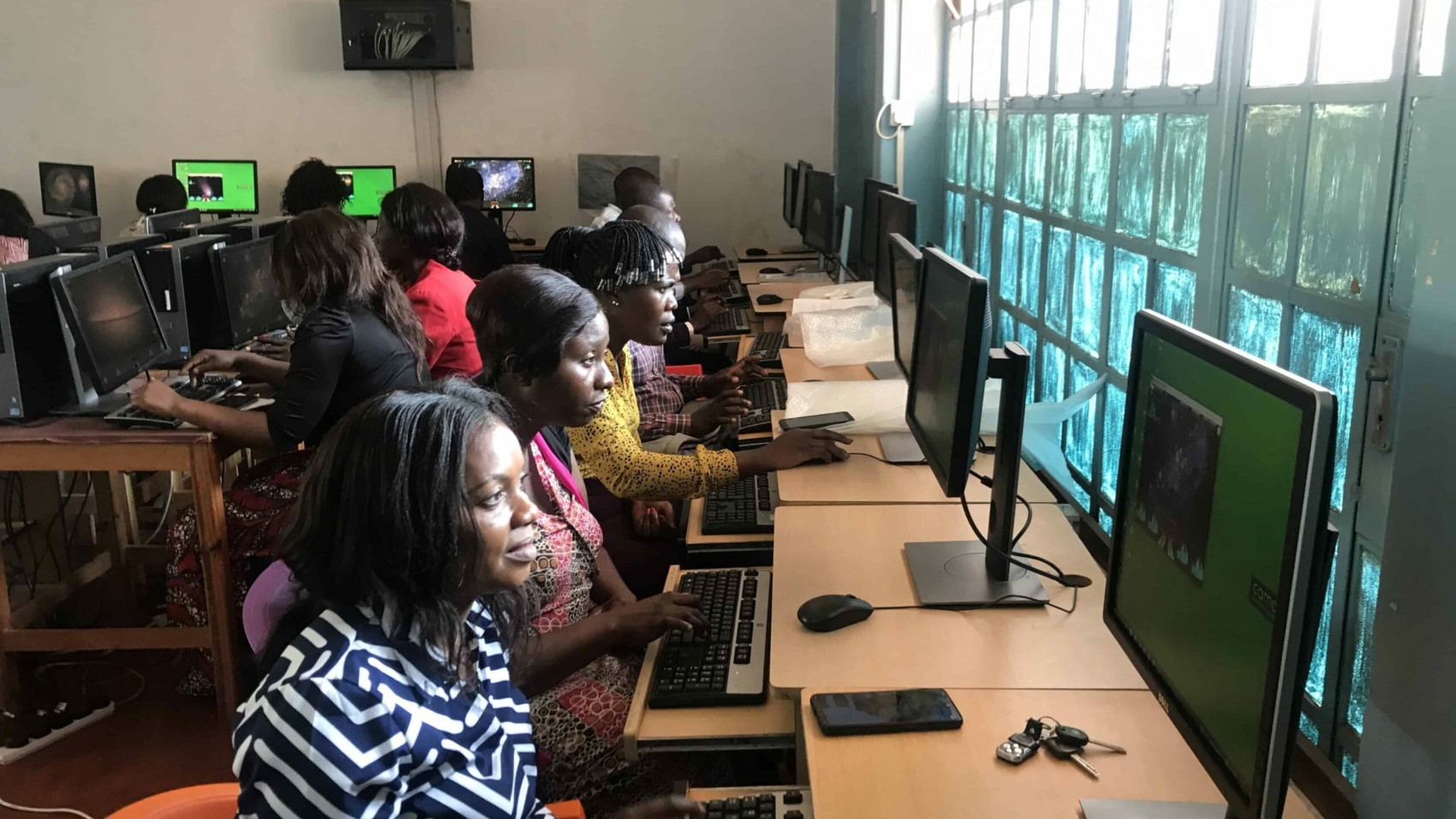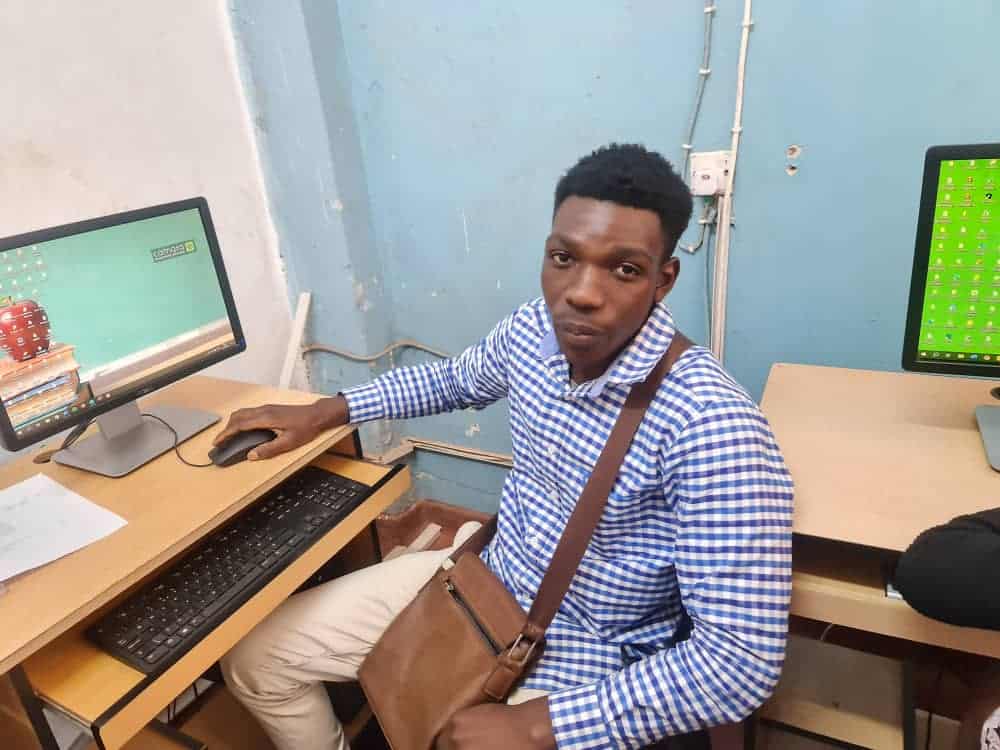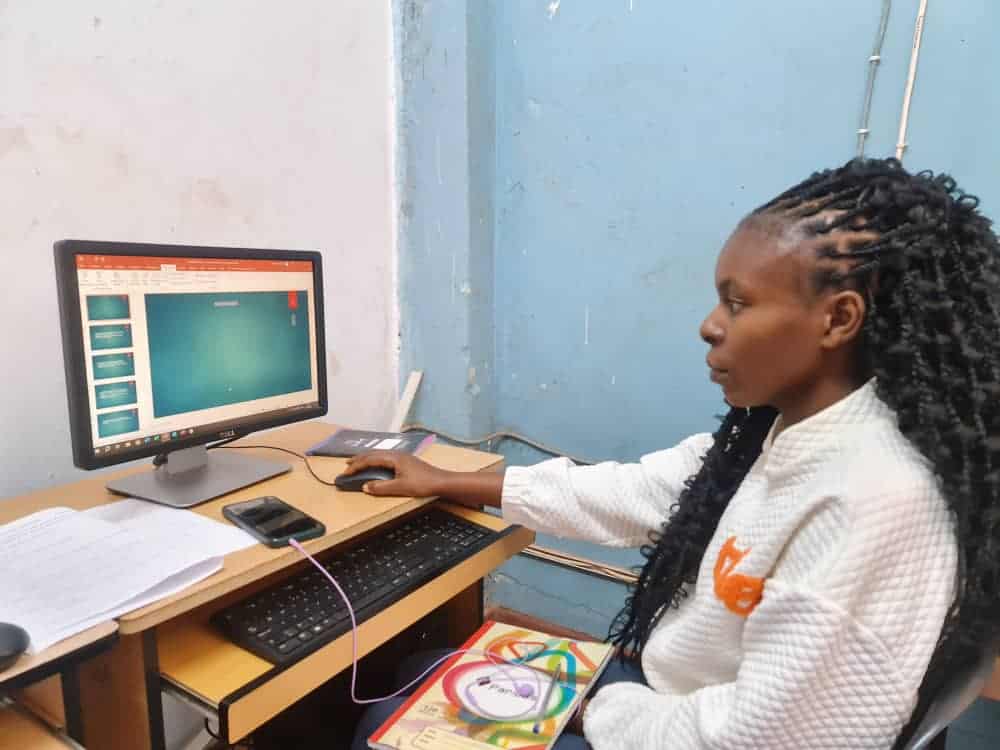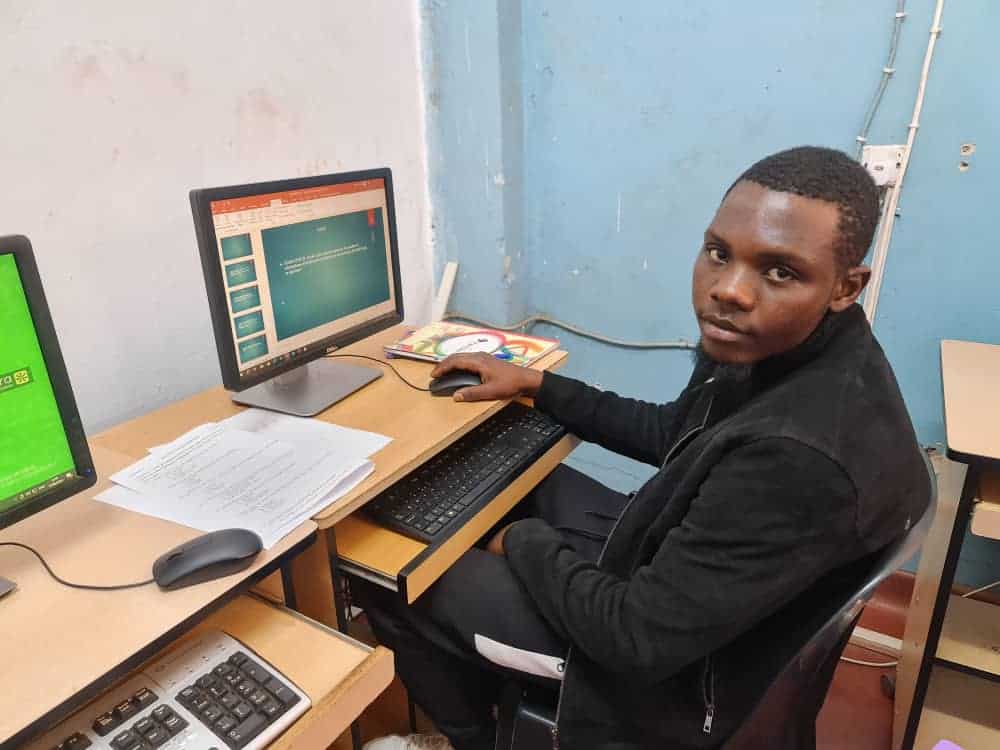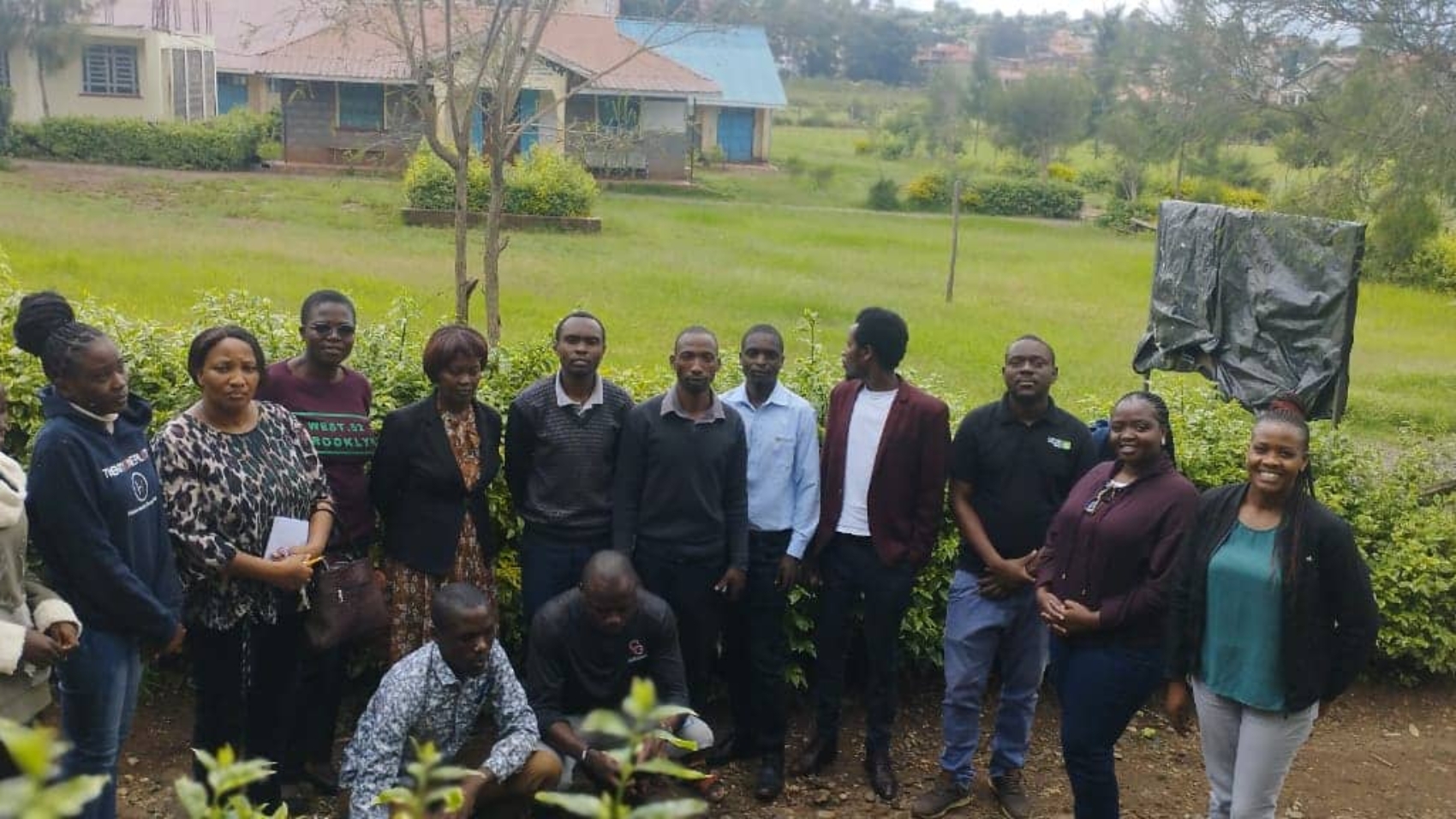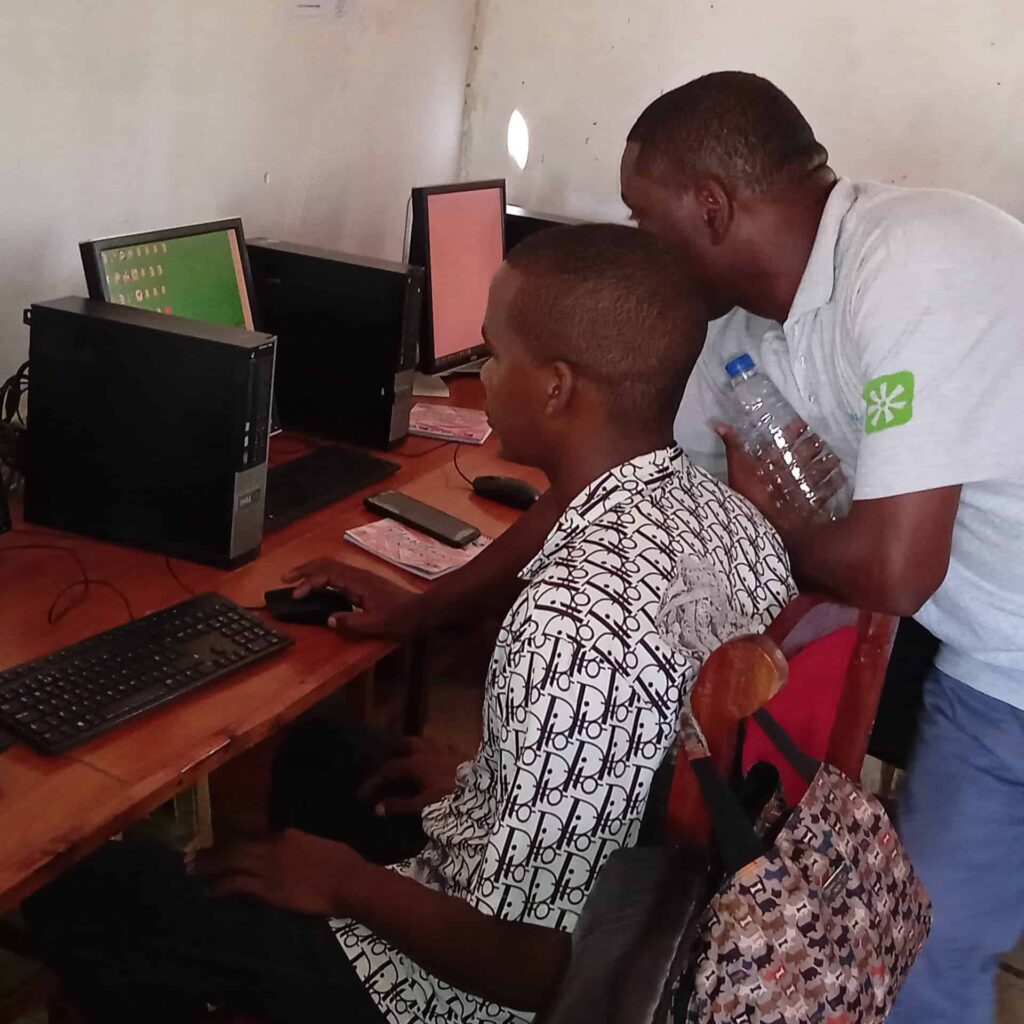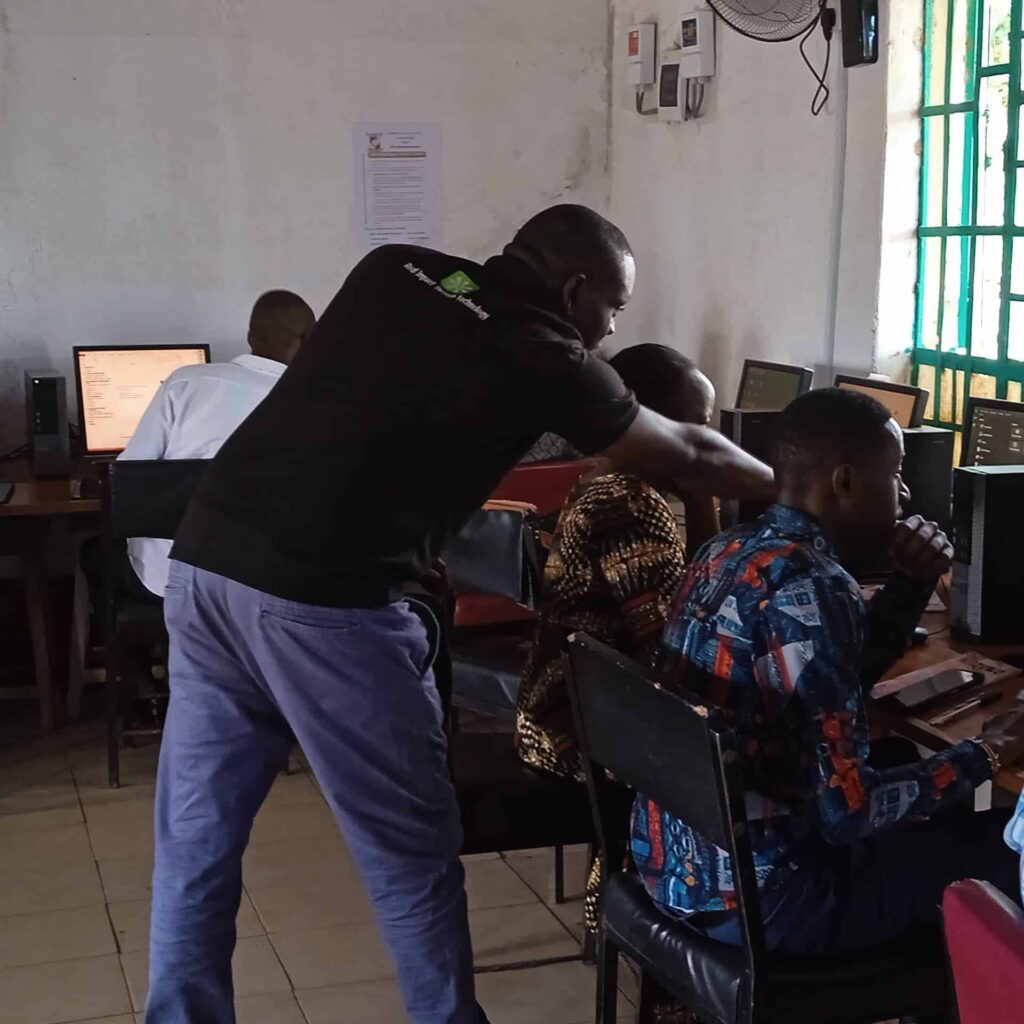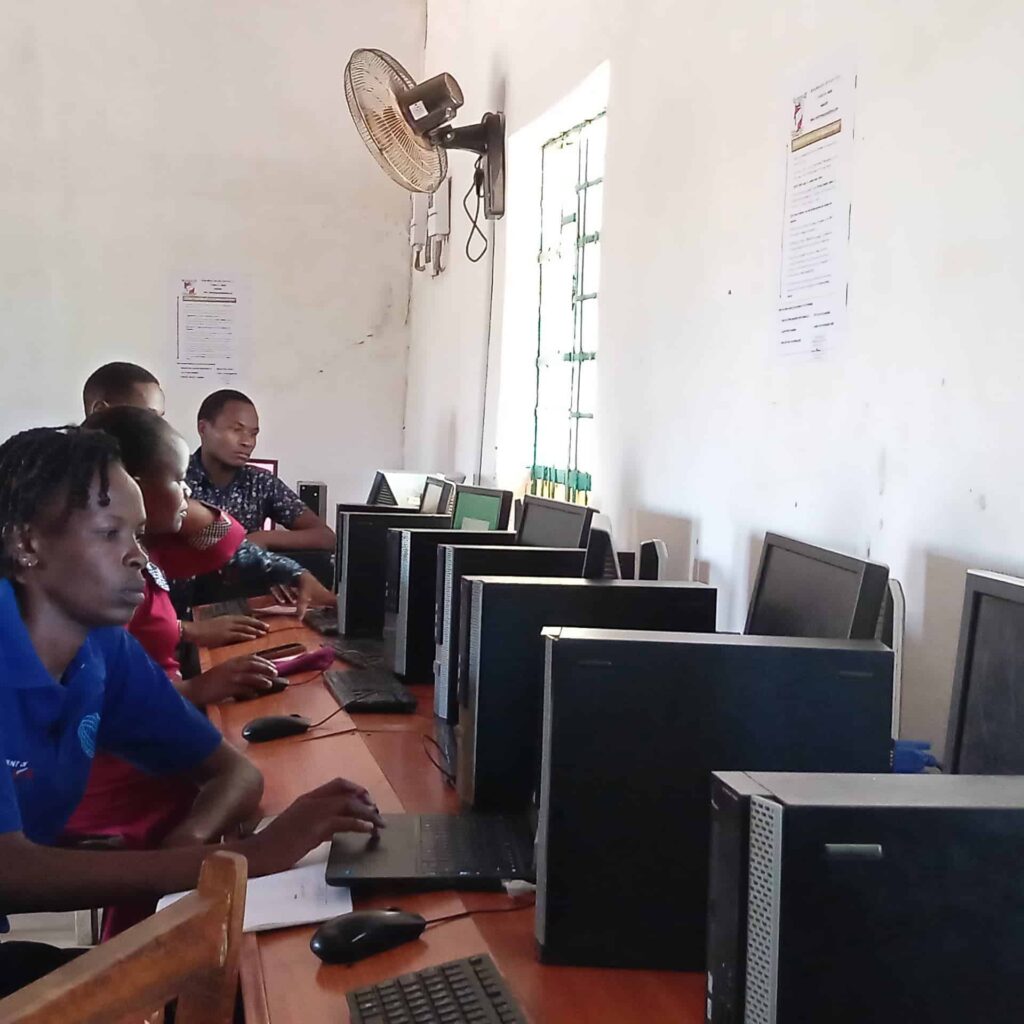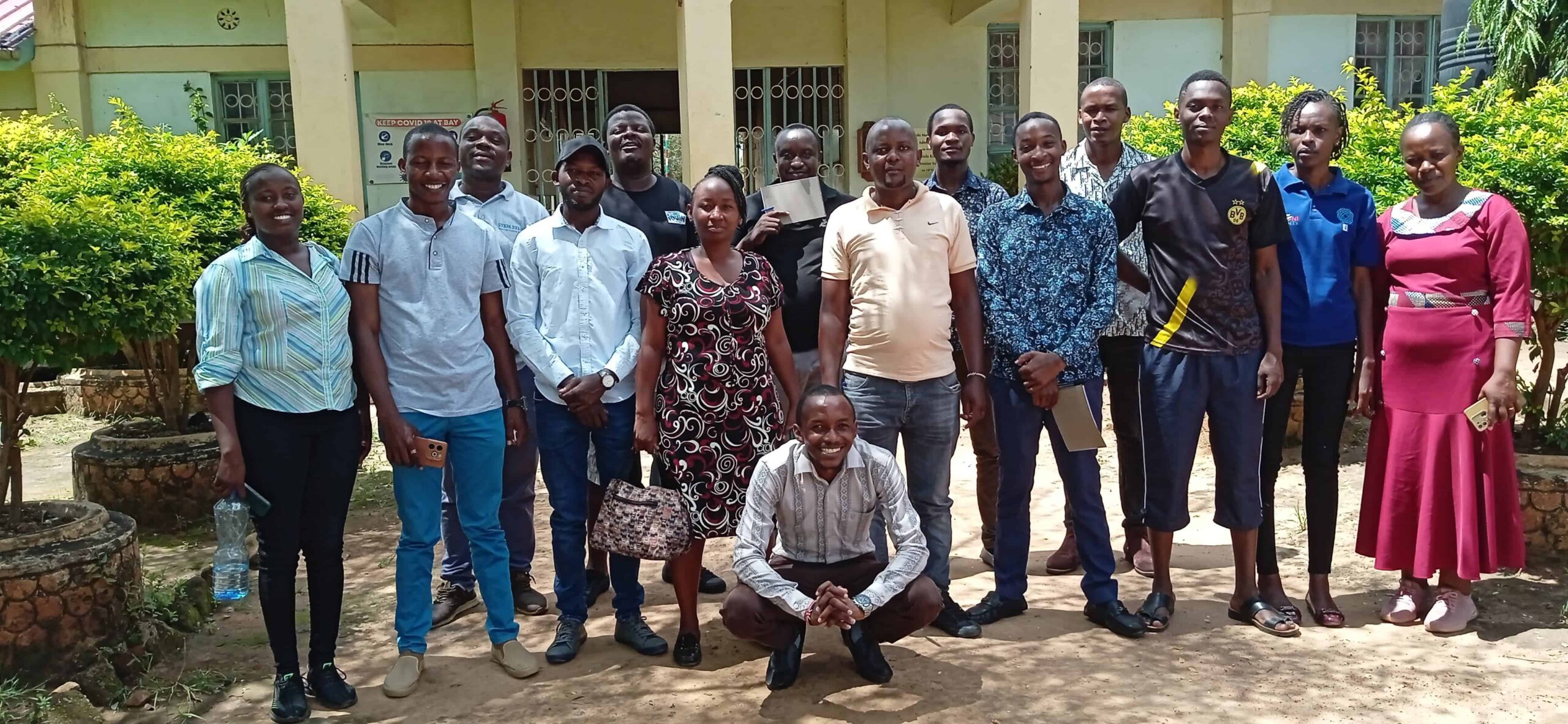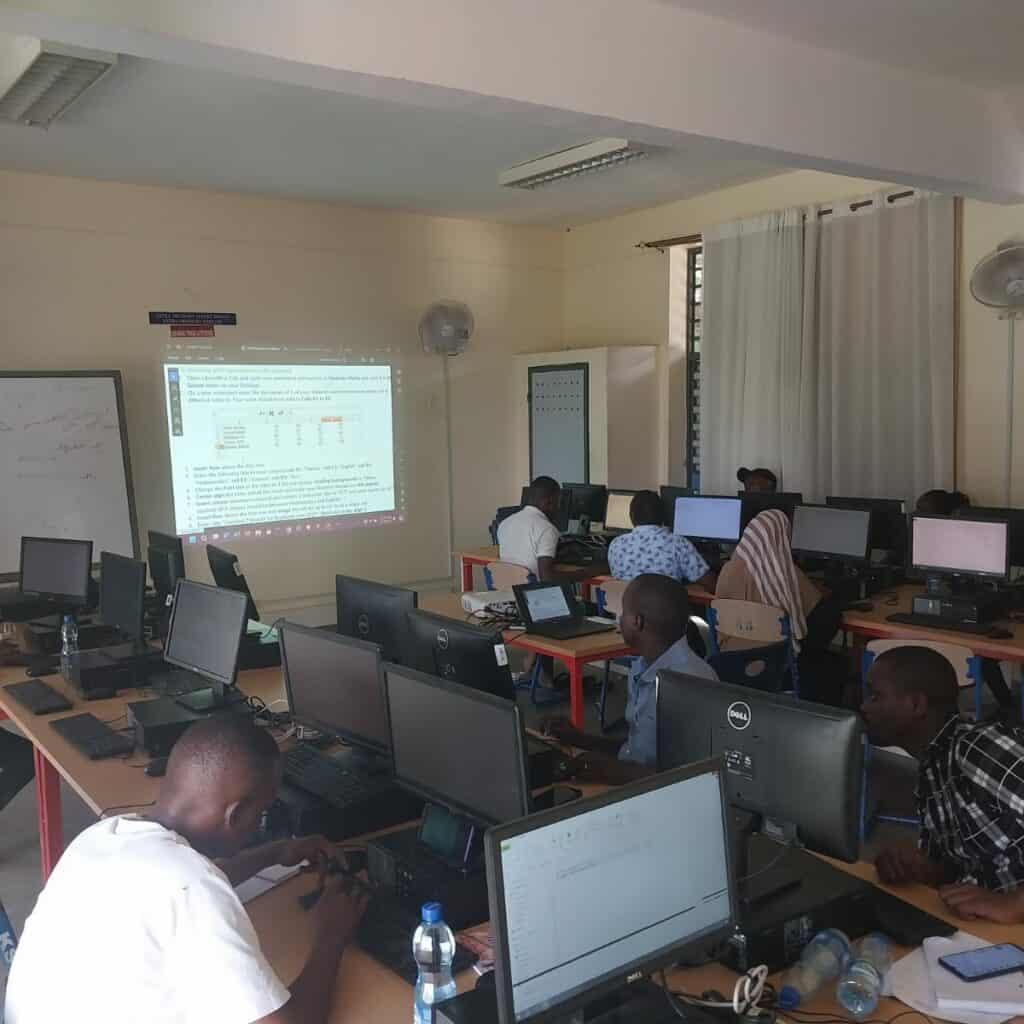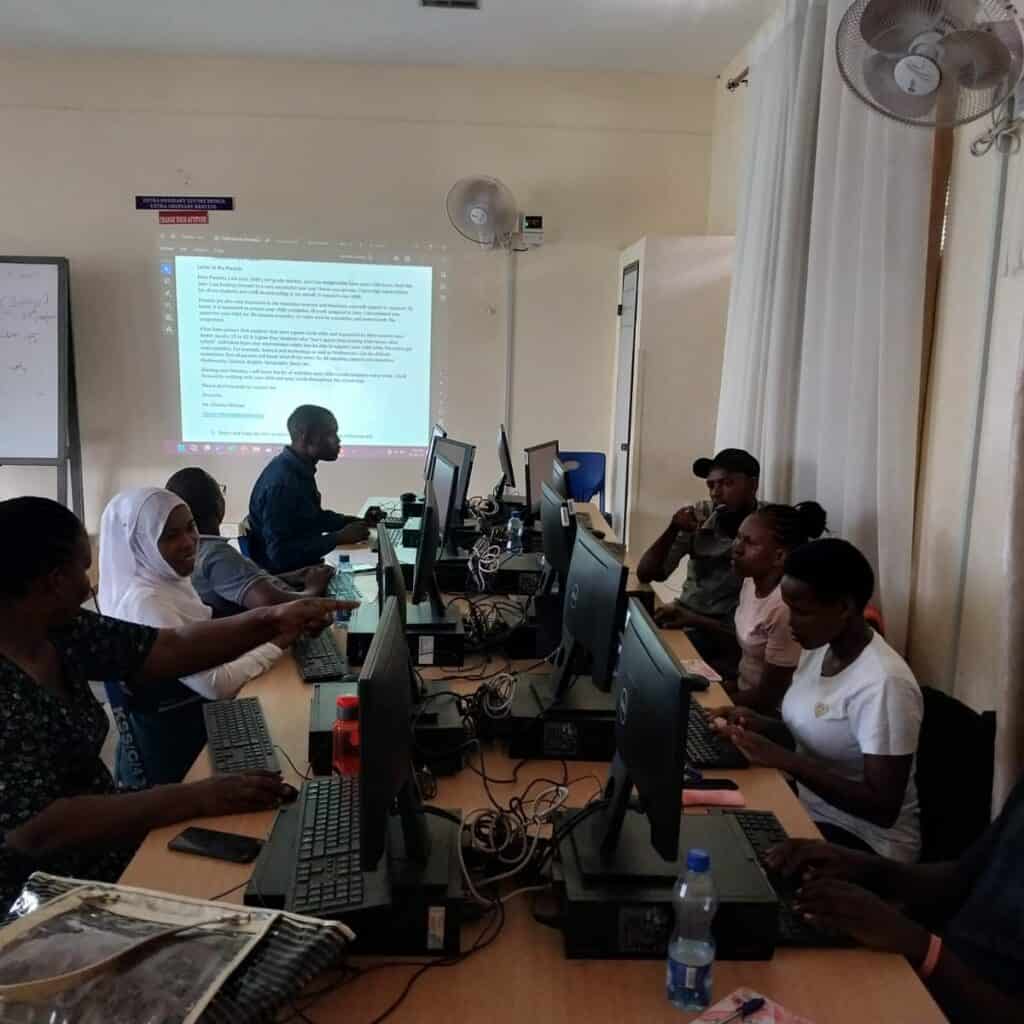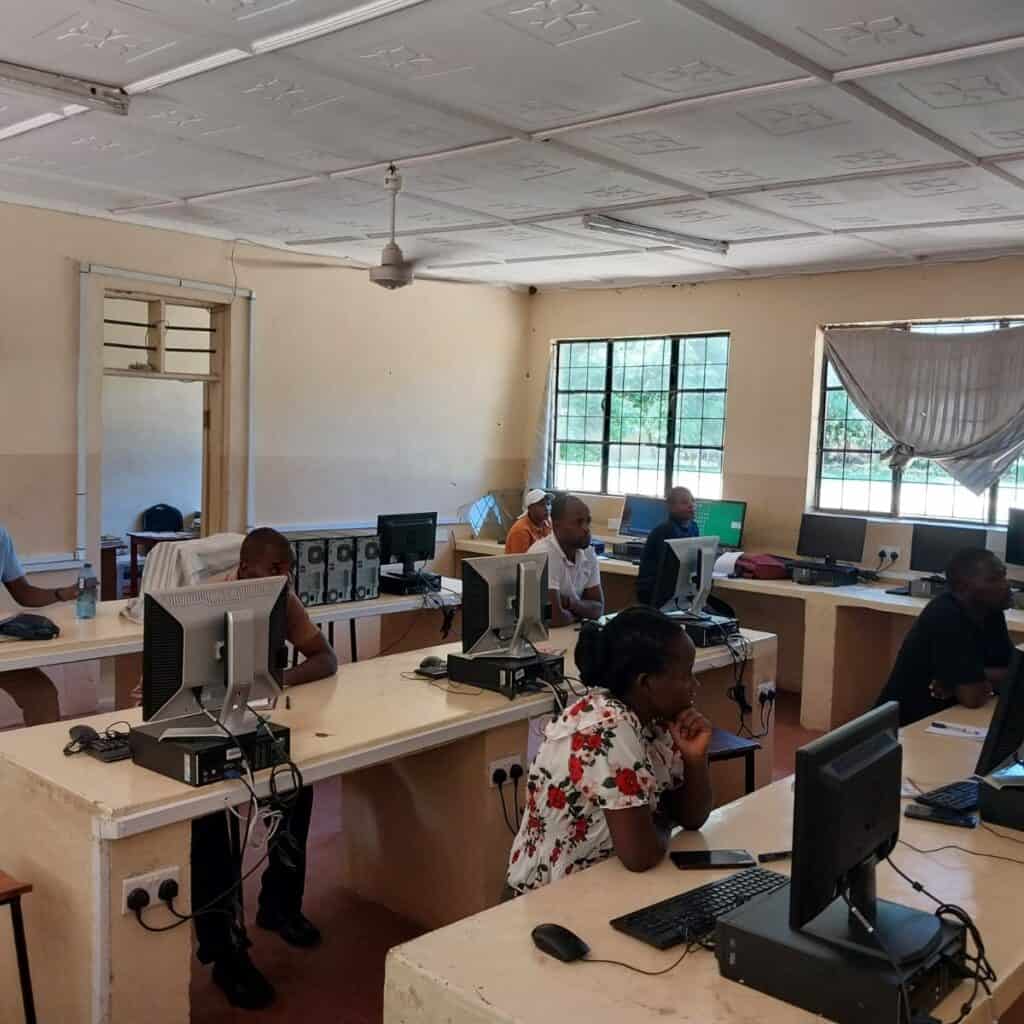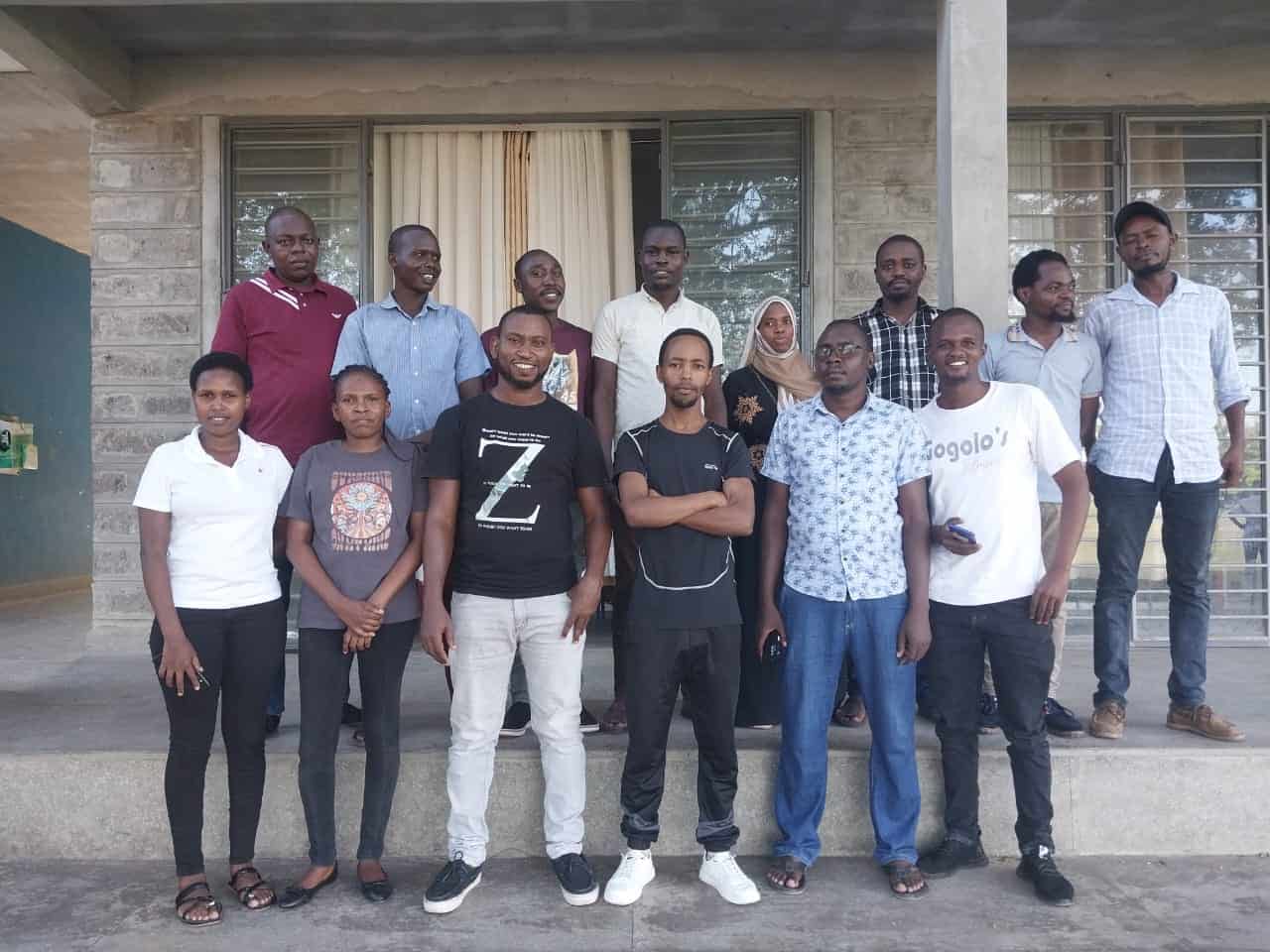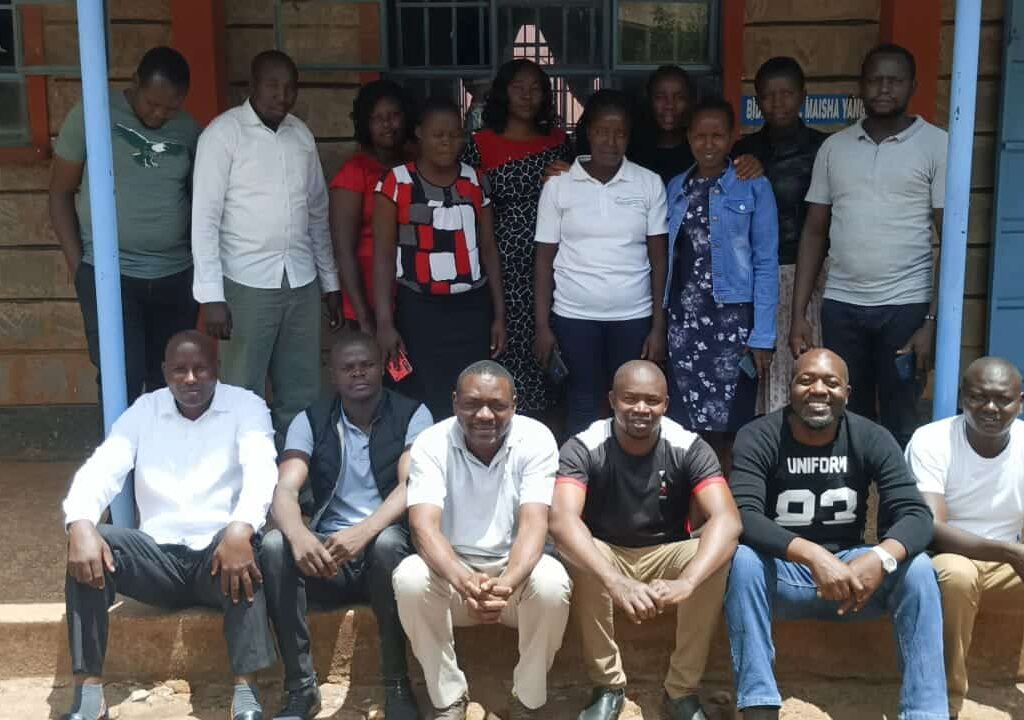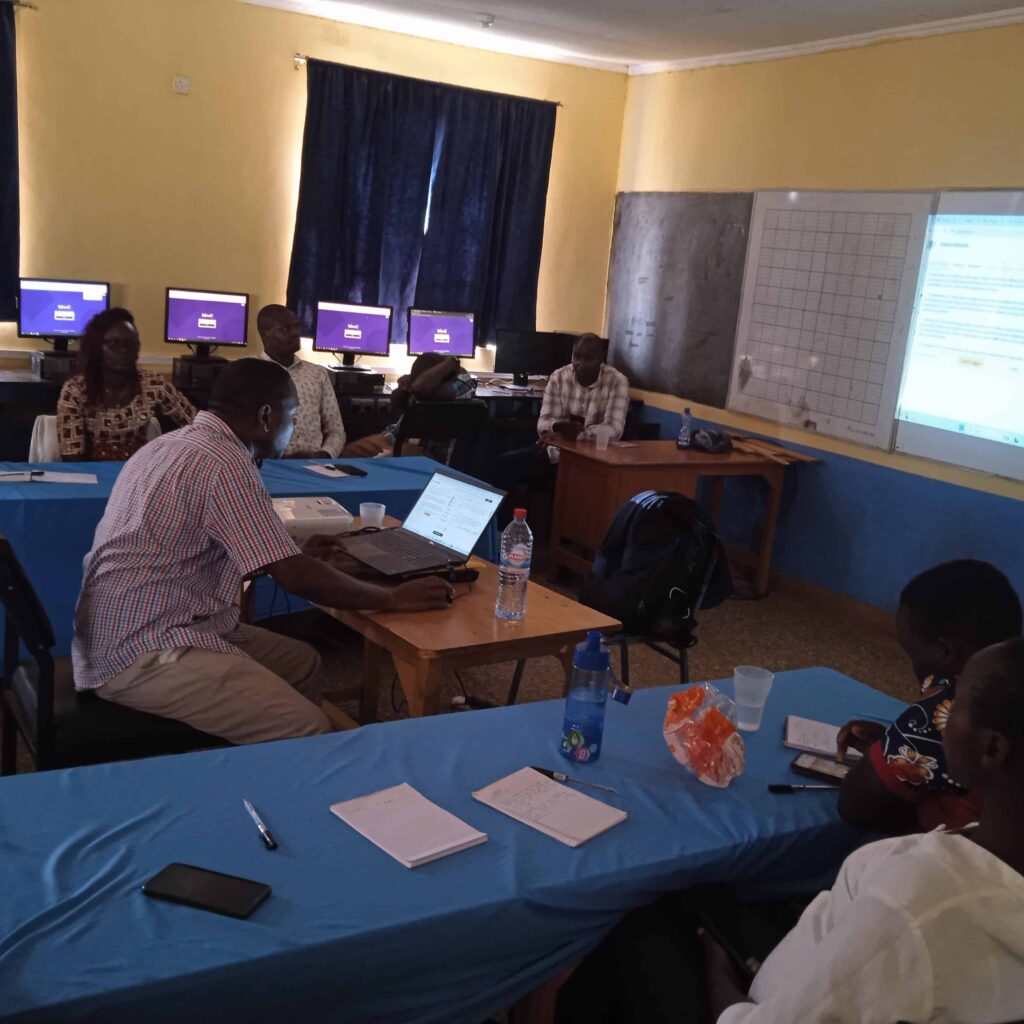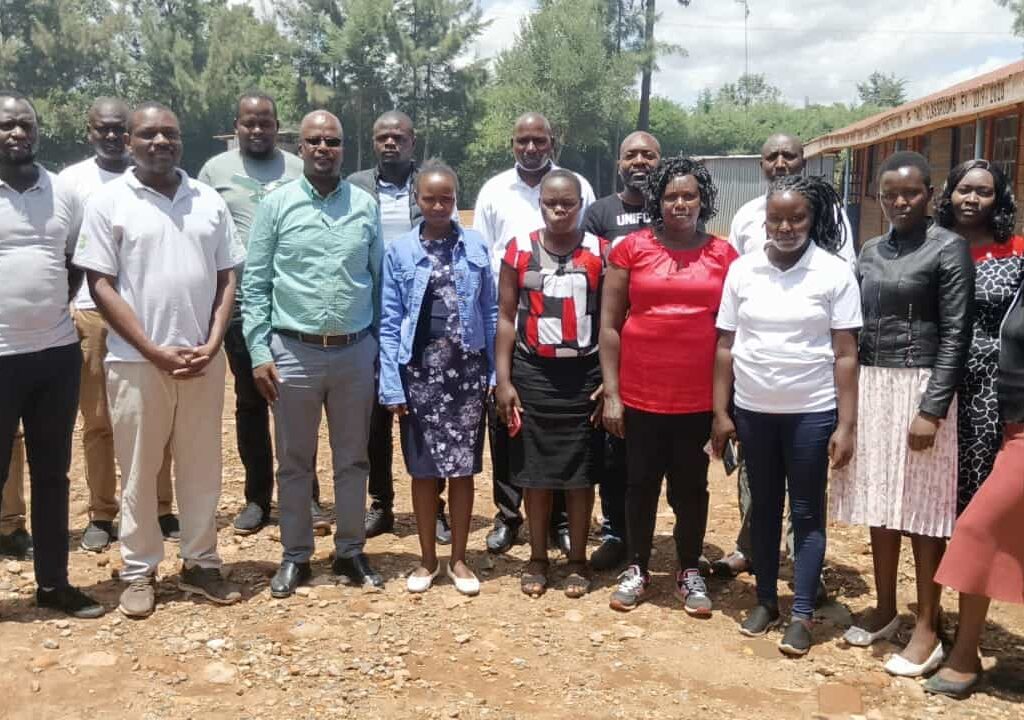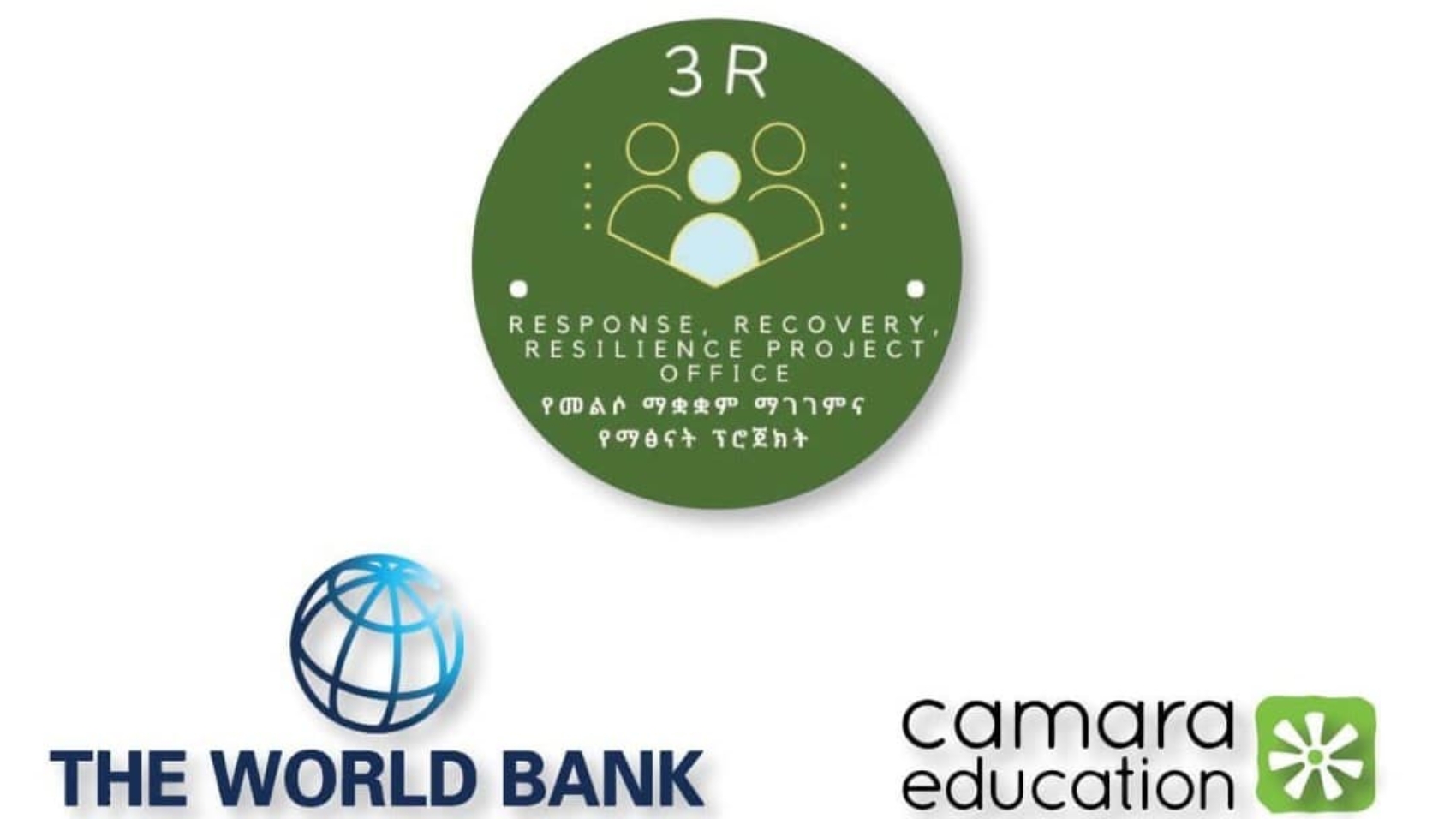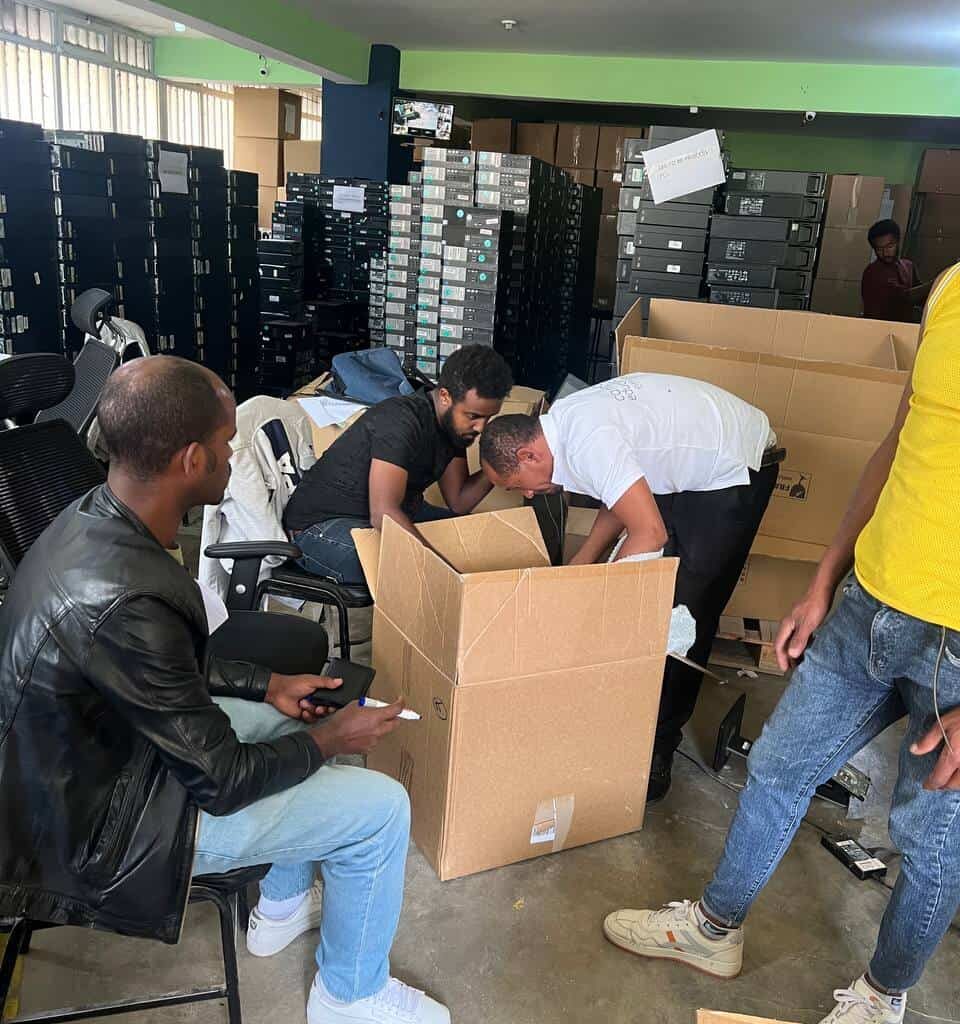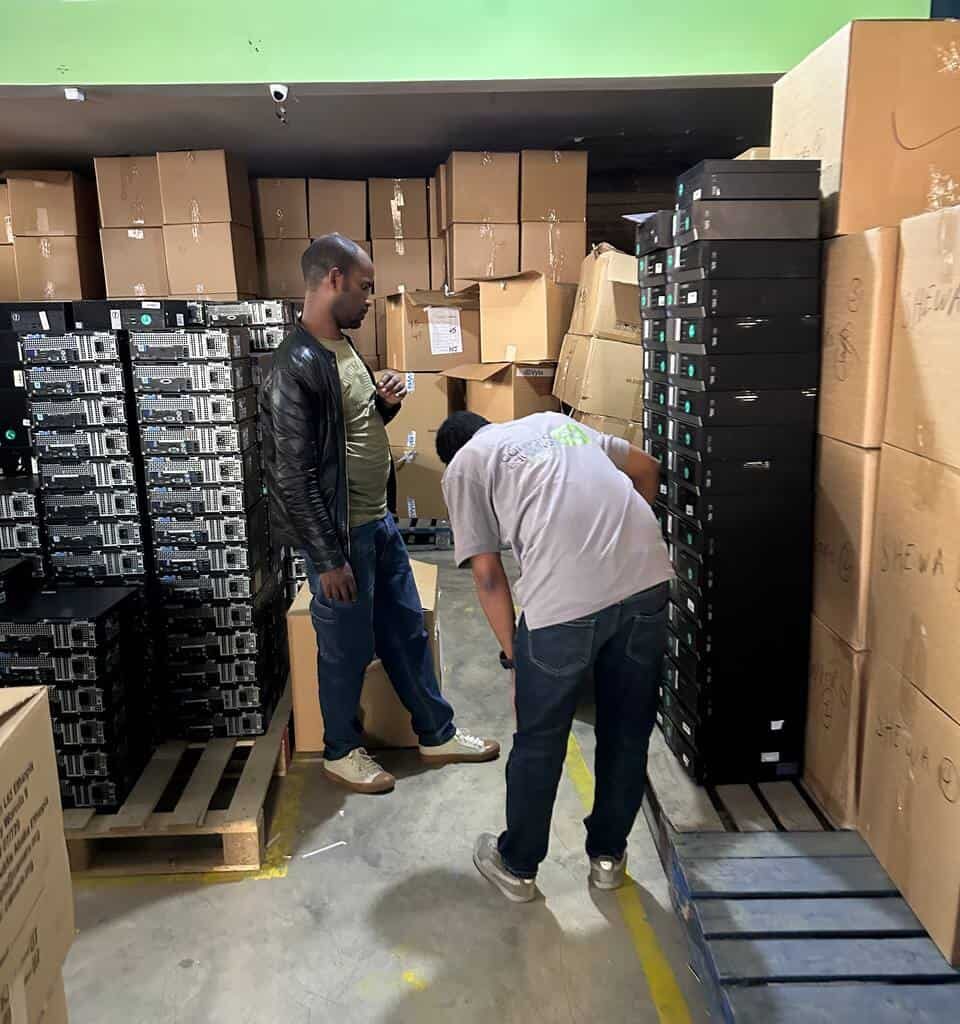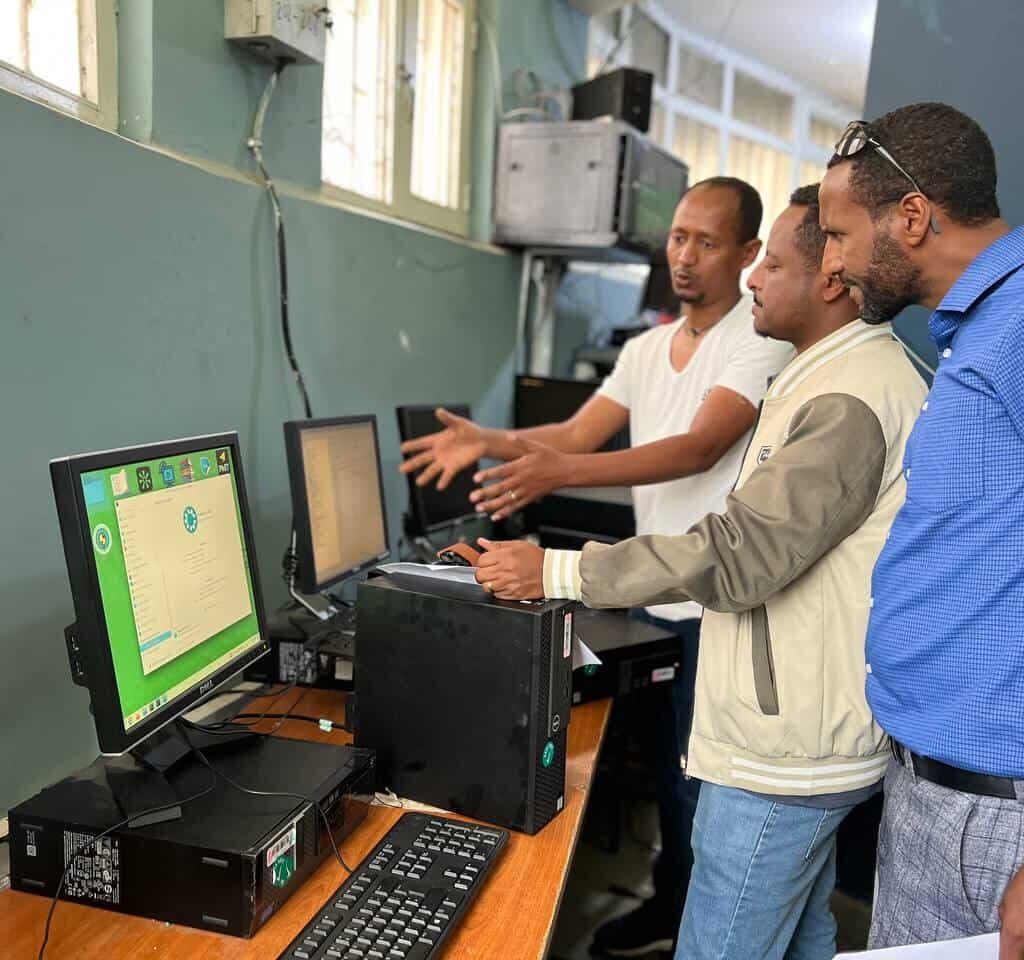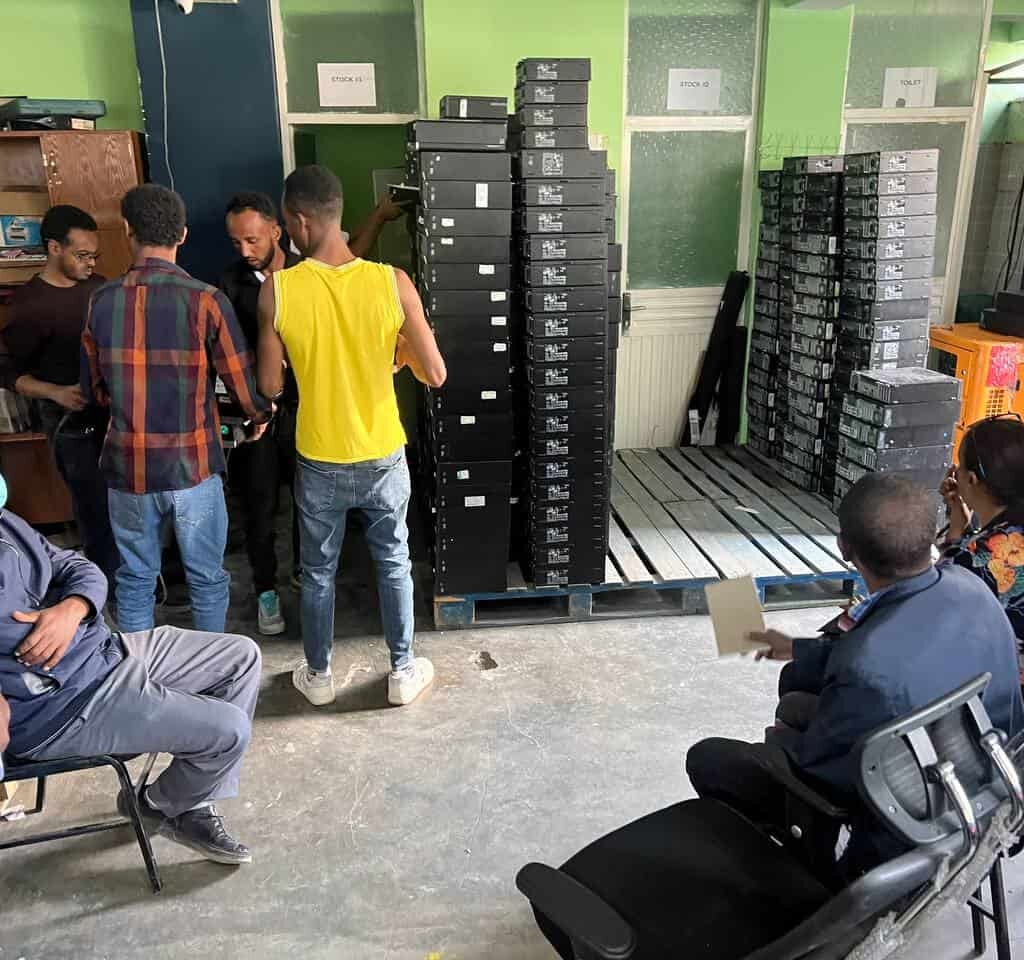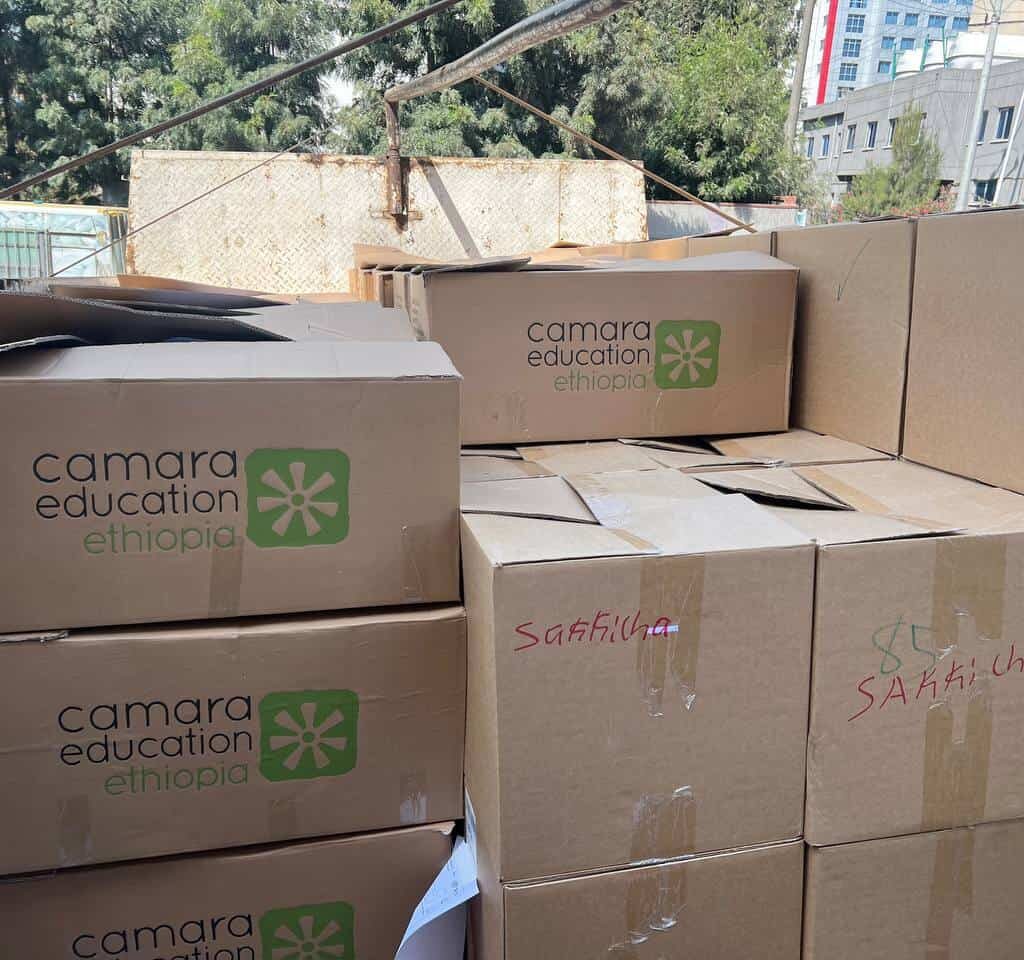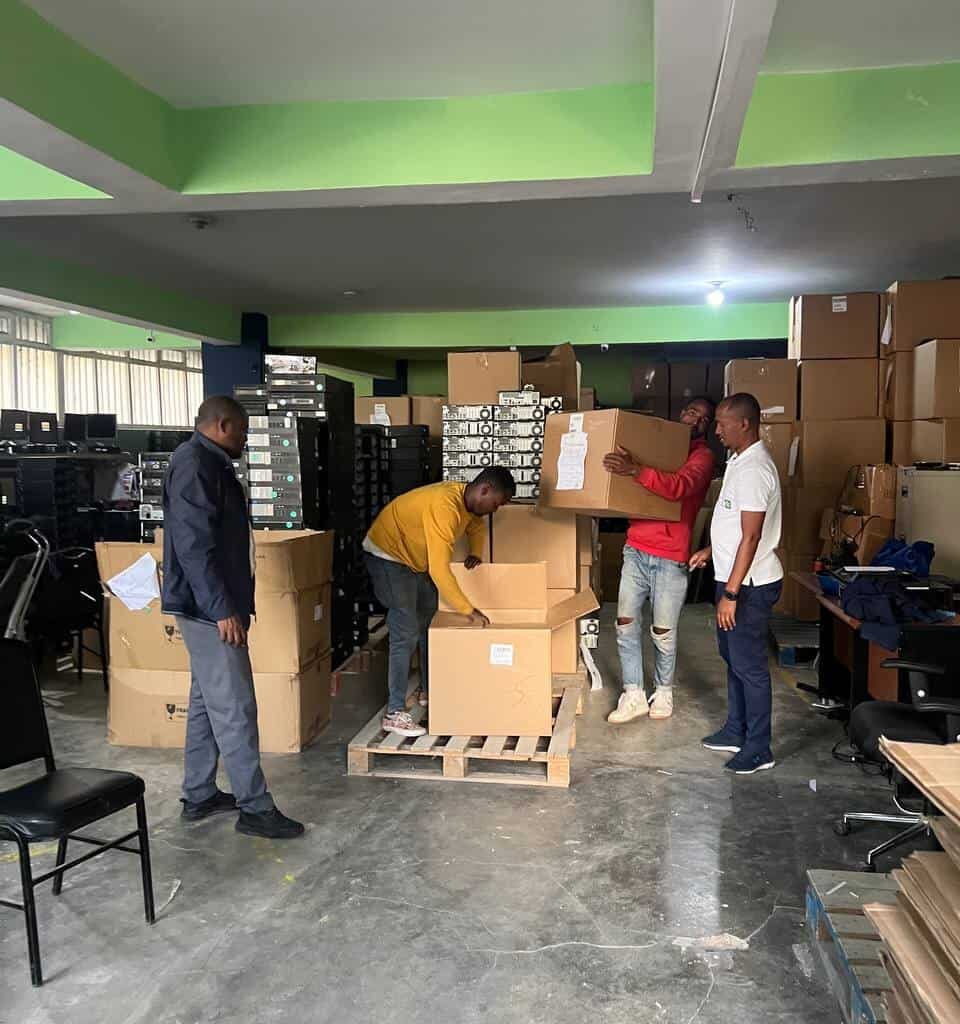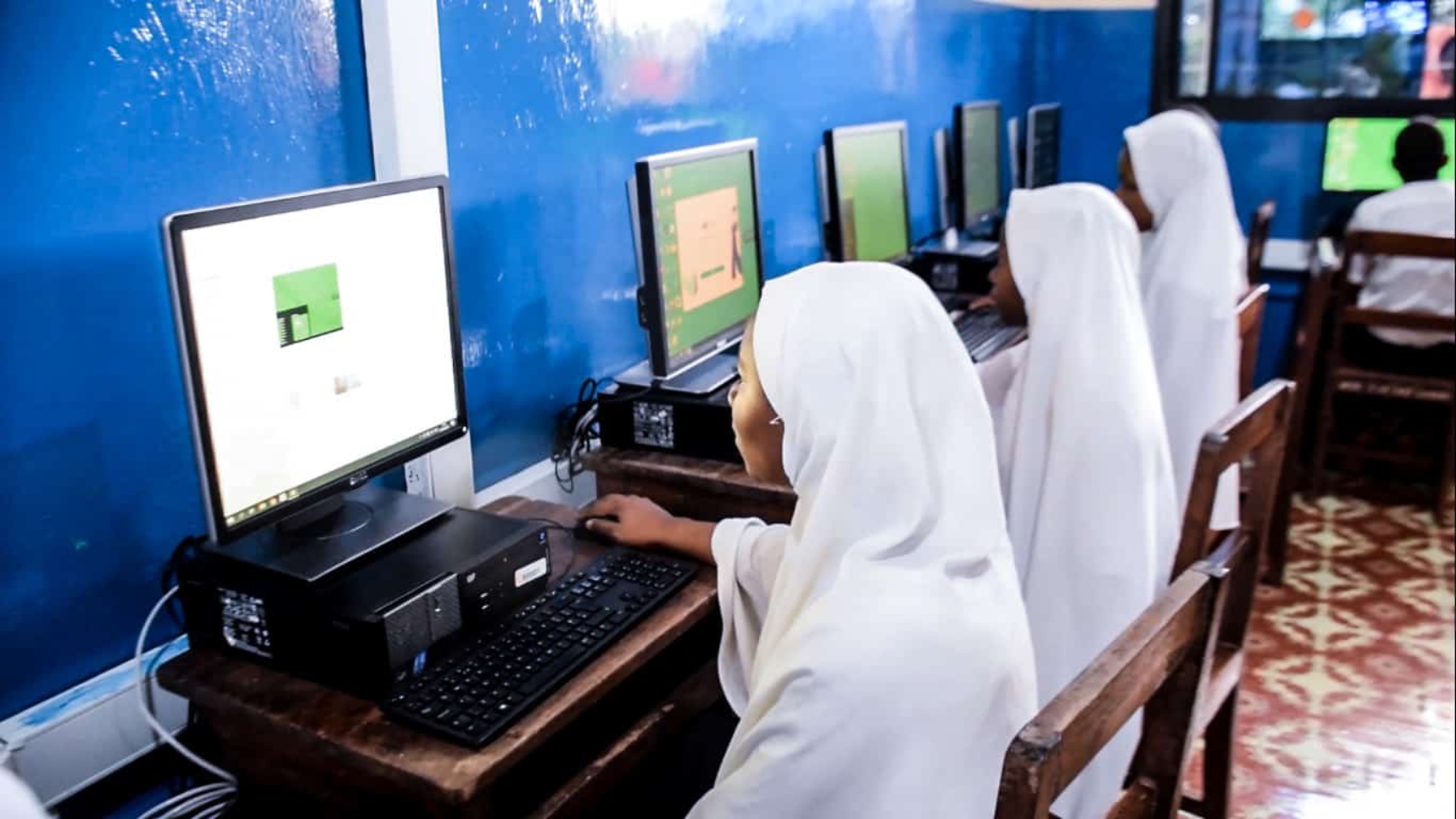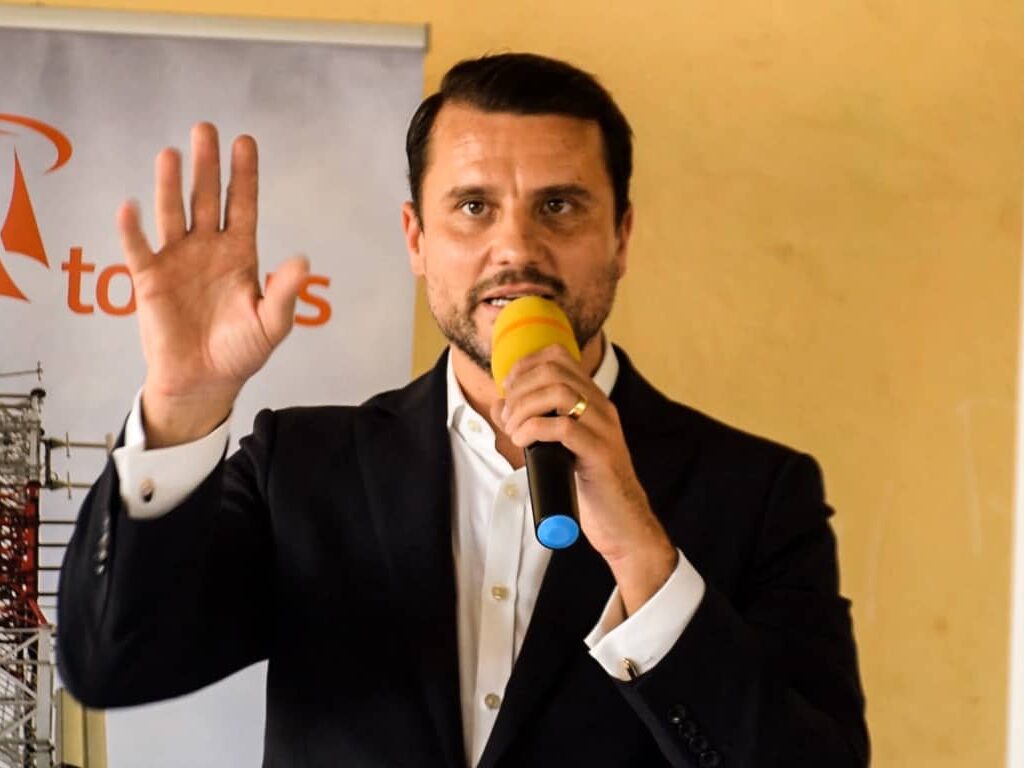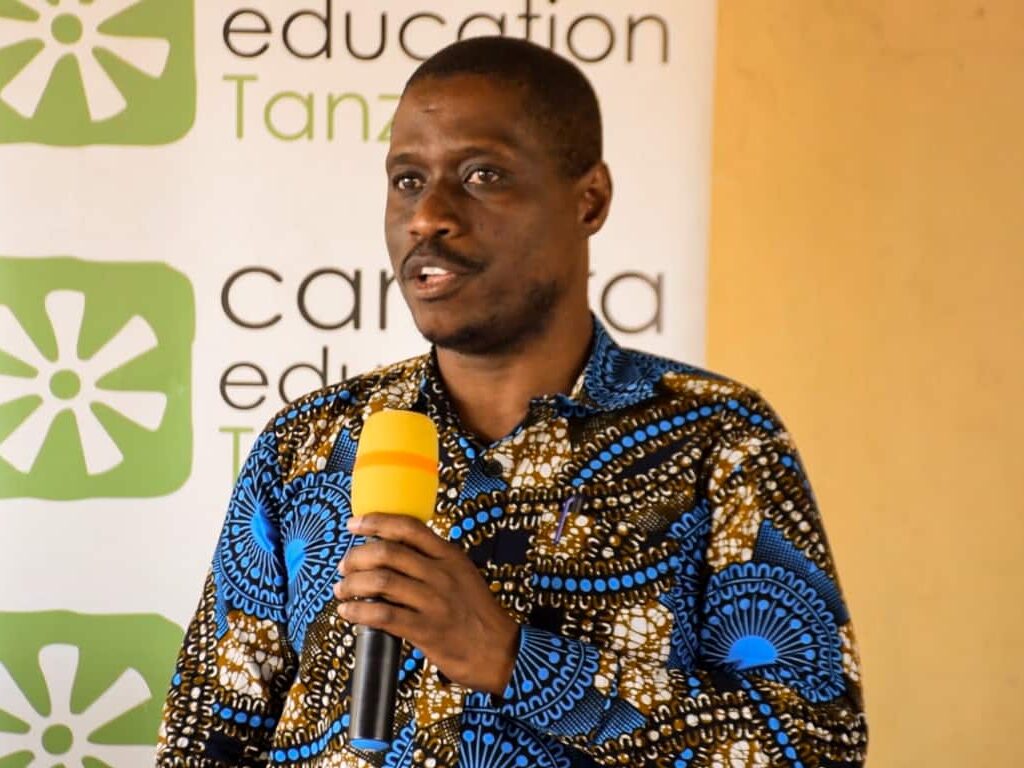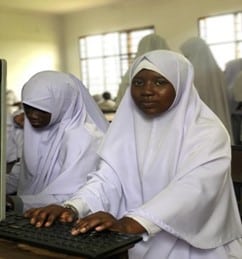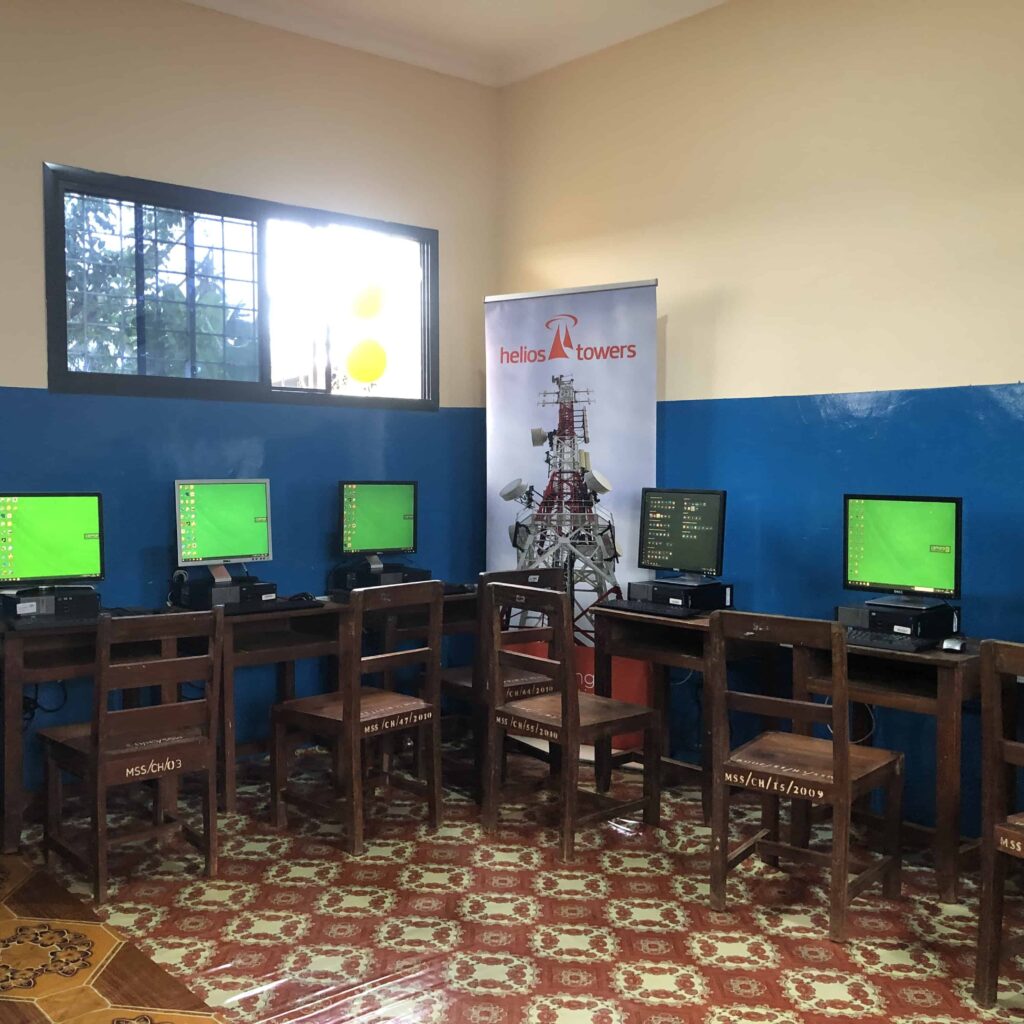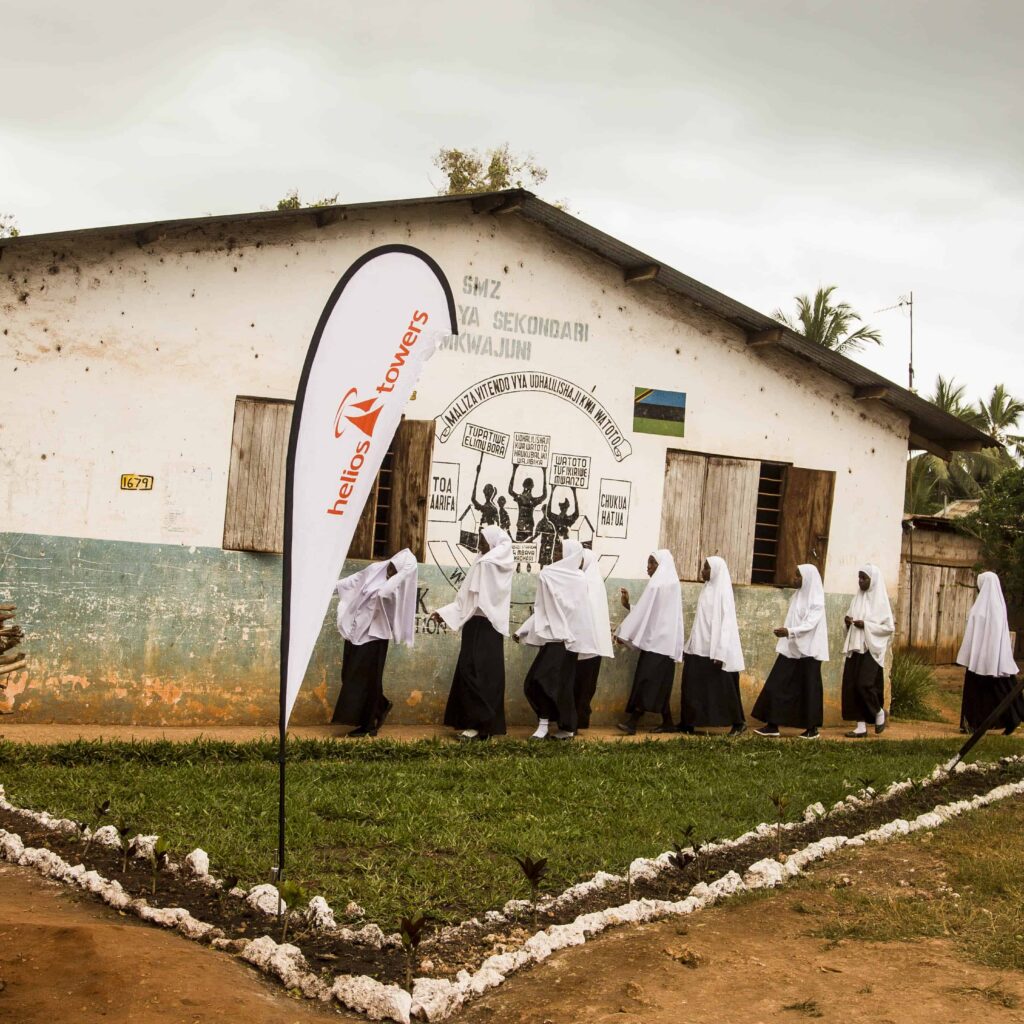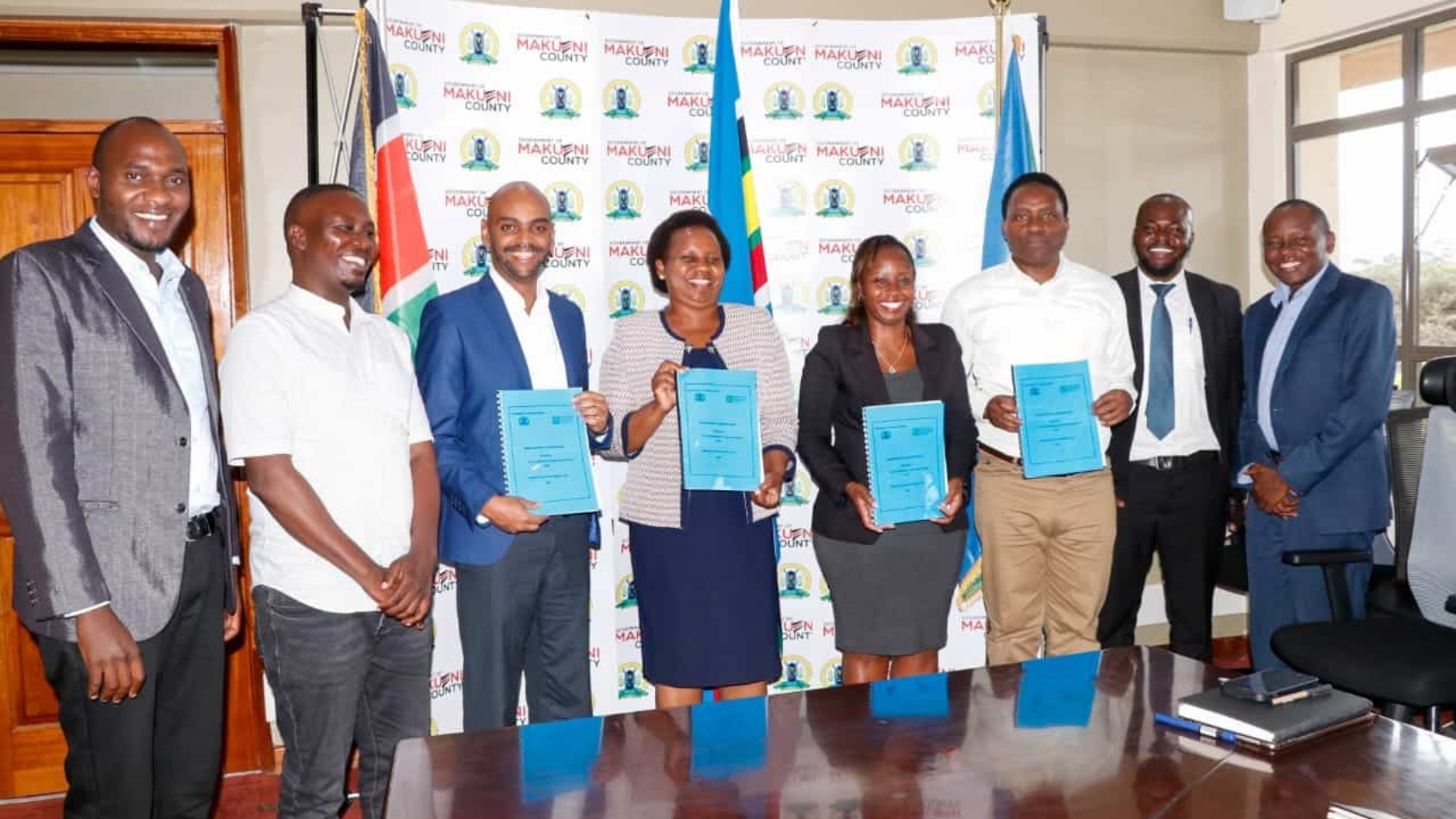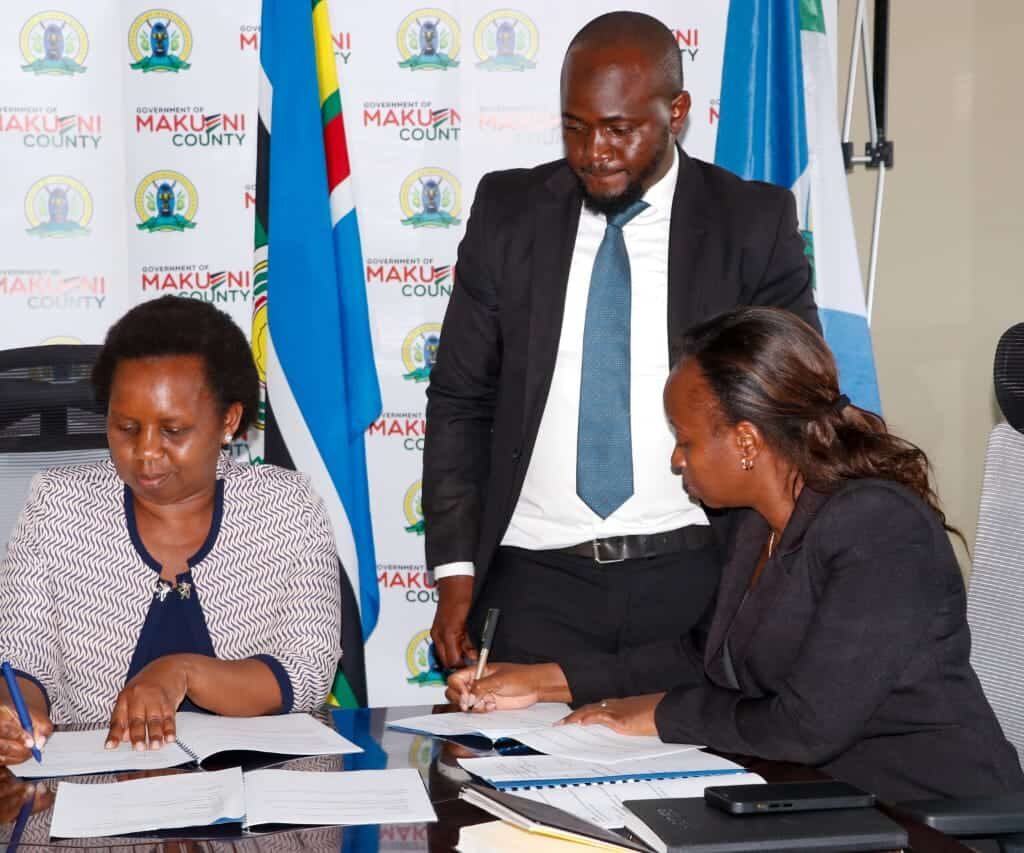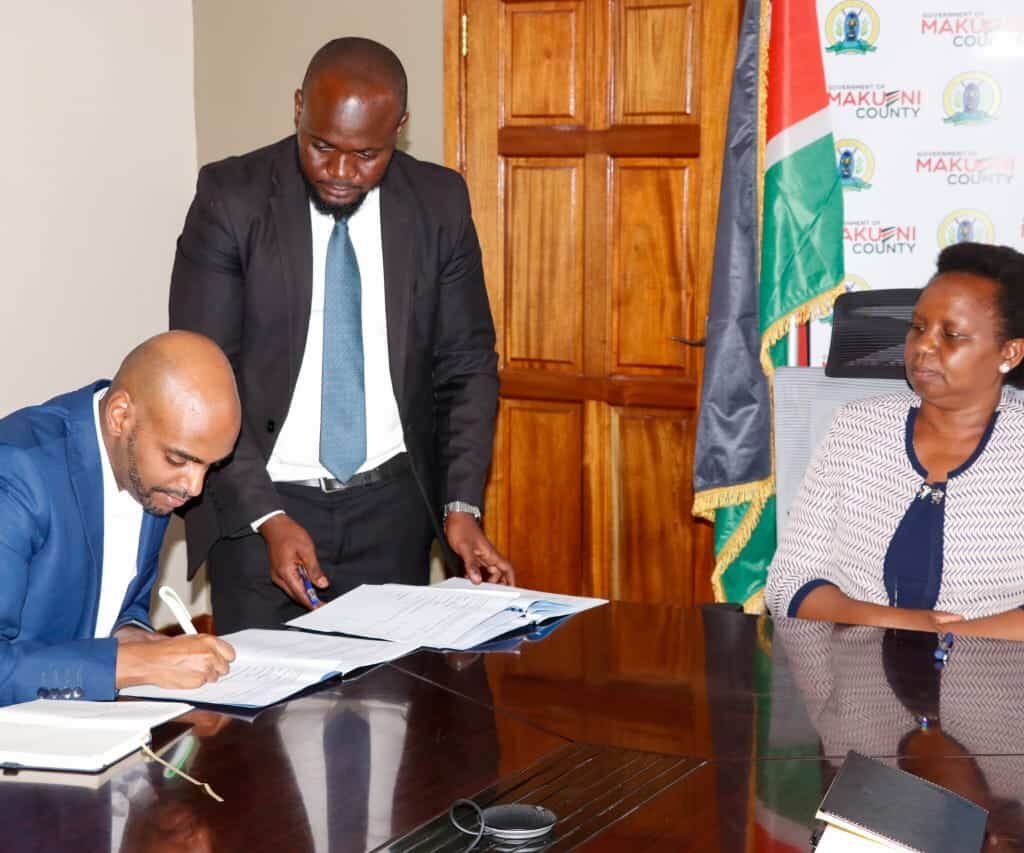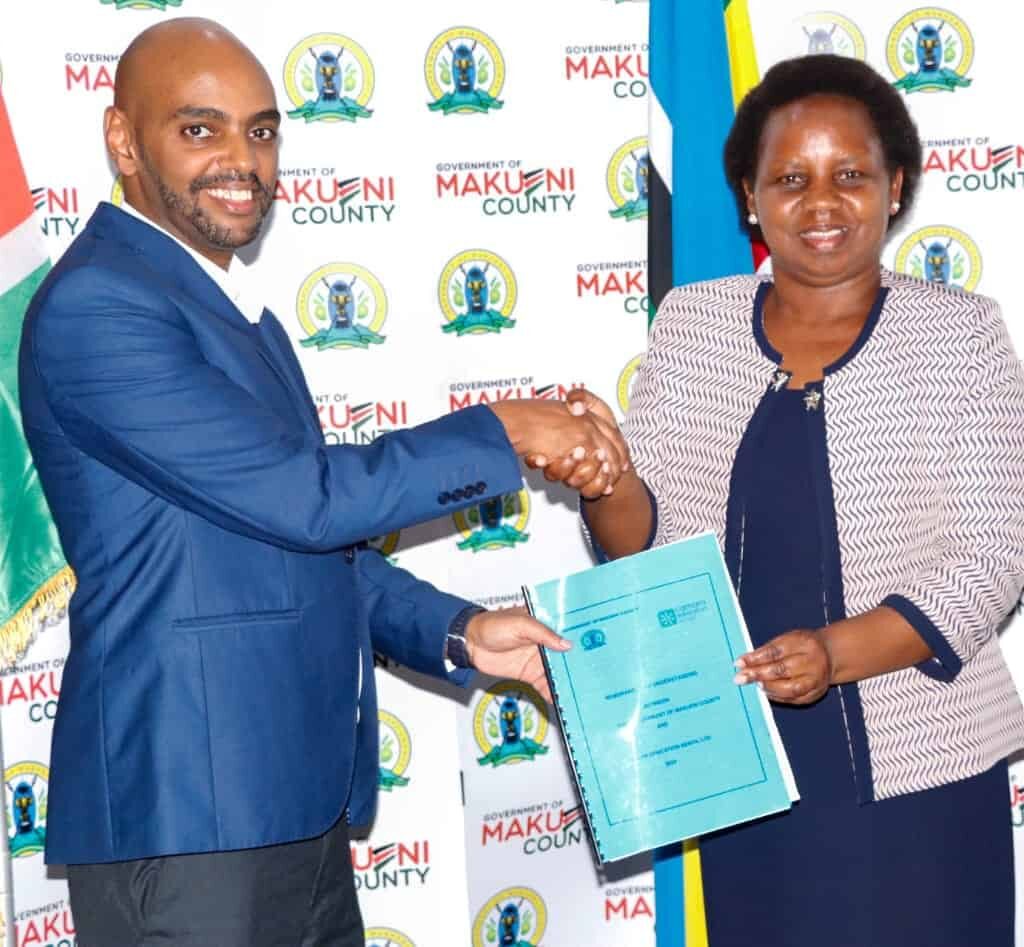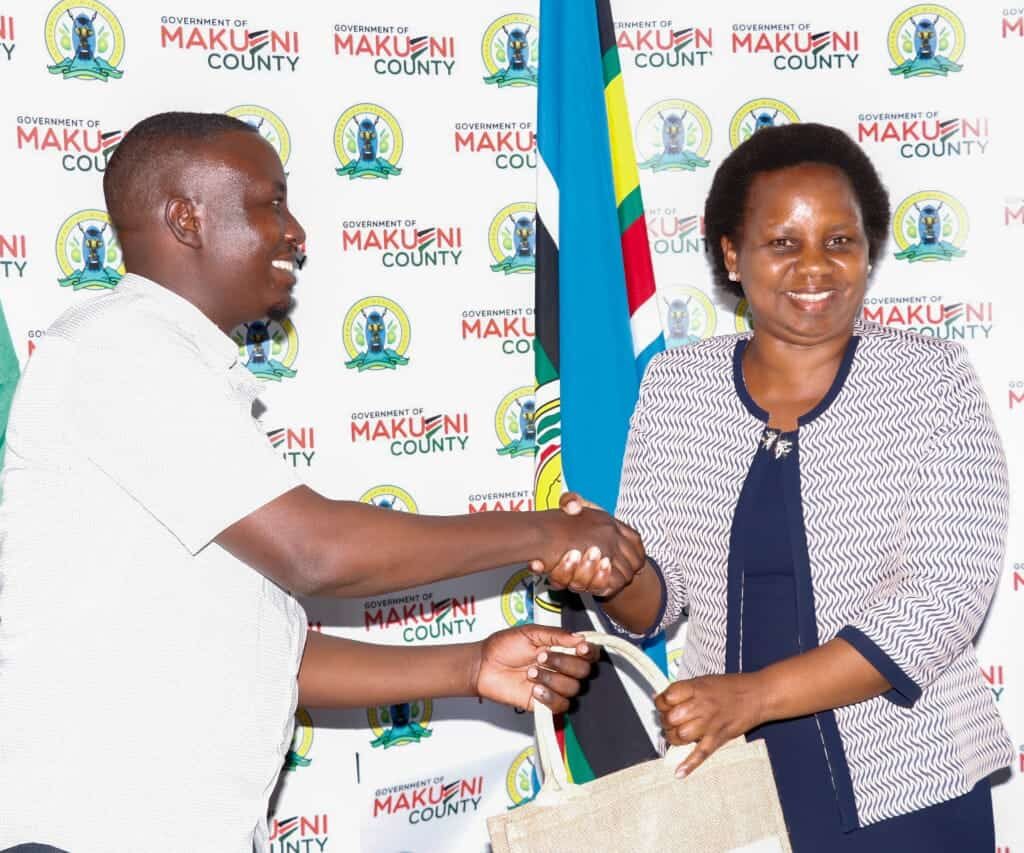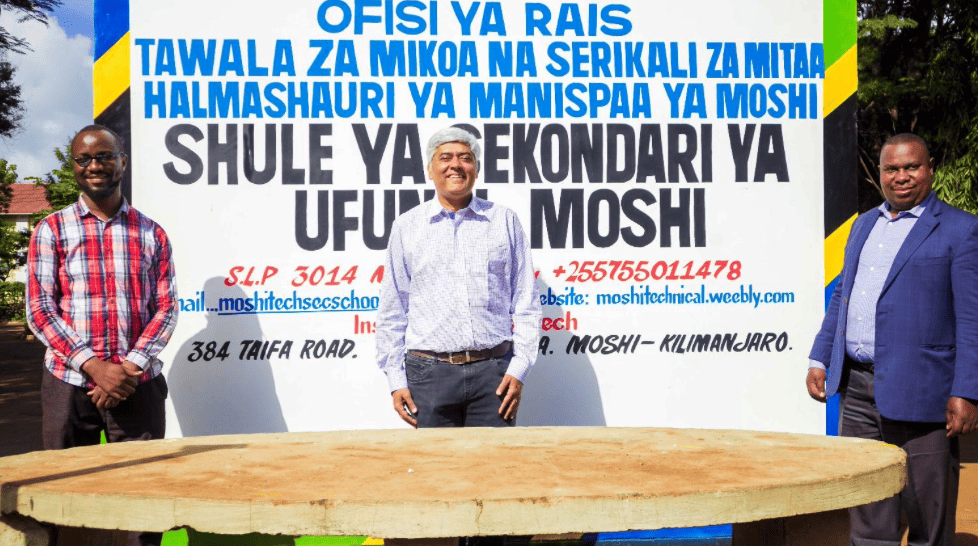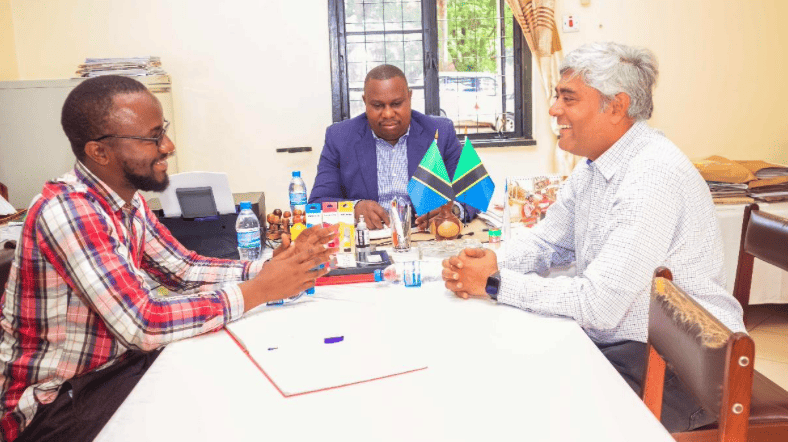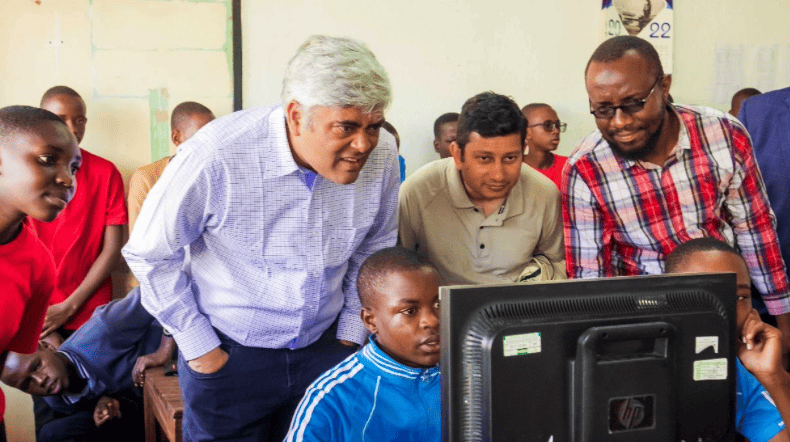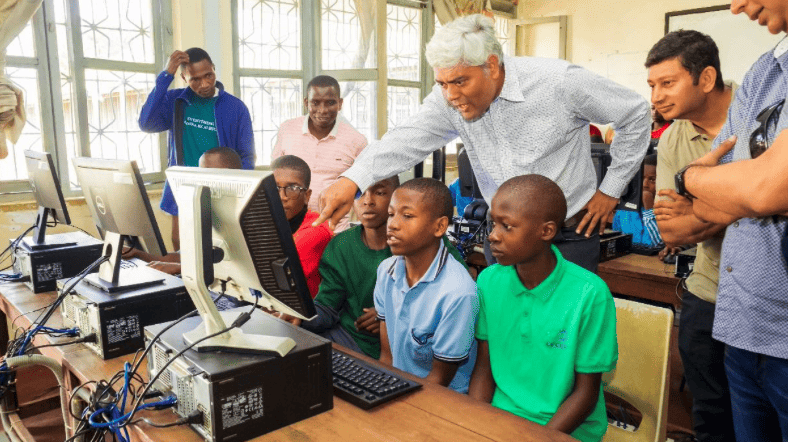In October 2024, key members from Camara Education (CE) and Camara Education Ethiopia (CEE) made an important visit to three schools in Addis Ababa, Ethiopia, supported by Dell. Anita McWilliams, Director of African Operations, Ibolya Nemeth, Director of Fundraising, and Mikiyas W, CEE’s Country Director, visited St. John Baptist, Dr. Haddis Alemayehu, and Assai Public School. The purpose of the visit was to witness the profound impact of the Digital Learning Centres on these schools.
At St. John Baptist, Anita, Ibolya, and the CEE team were warmly welcomed by the school’s director, teachers, and students, who were eager to share their experiences. The Digital Learning Centre has transformed the learning environment, offering students access to interactive activities, digital books, and curriculum-aligned resources. This has not only enhanced their critical thinking and problem-solving abilities but has also sparked increased engagement among students, including those who had previously been disengaged. Teachers observed that technology made it easier to cater to individual learning needs, allowing students to progress at their own pace and receive support where required.
A similar success story unfolded at Assai Public School. Here, the Digital Learning Centre has had a significant impact, encouraging students to participate in group projects and digital assignments. These activities have fostered teamwork and enhanced students’ technological skills. Teachers have benefited from a wealth of online resources, which have supported their lesson planning and made it easier to address the diverse needs of their students. Both teachers and students were enthusiastic about the innovative learning environment, with Ibolya and Anita particularly impressed by how technology had not only contributed to academic progress but also nurtured valuable soft skills like collaboration, communication, and digital literacy.
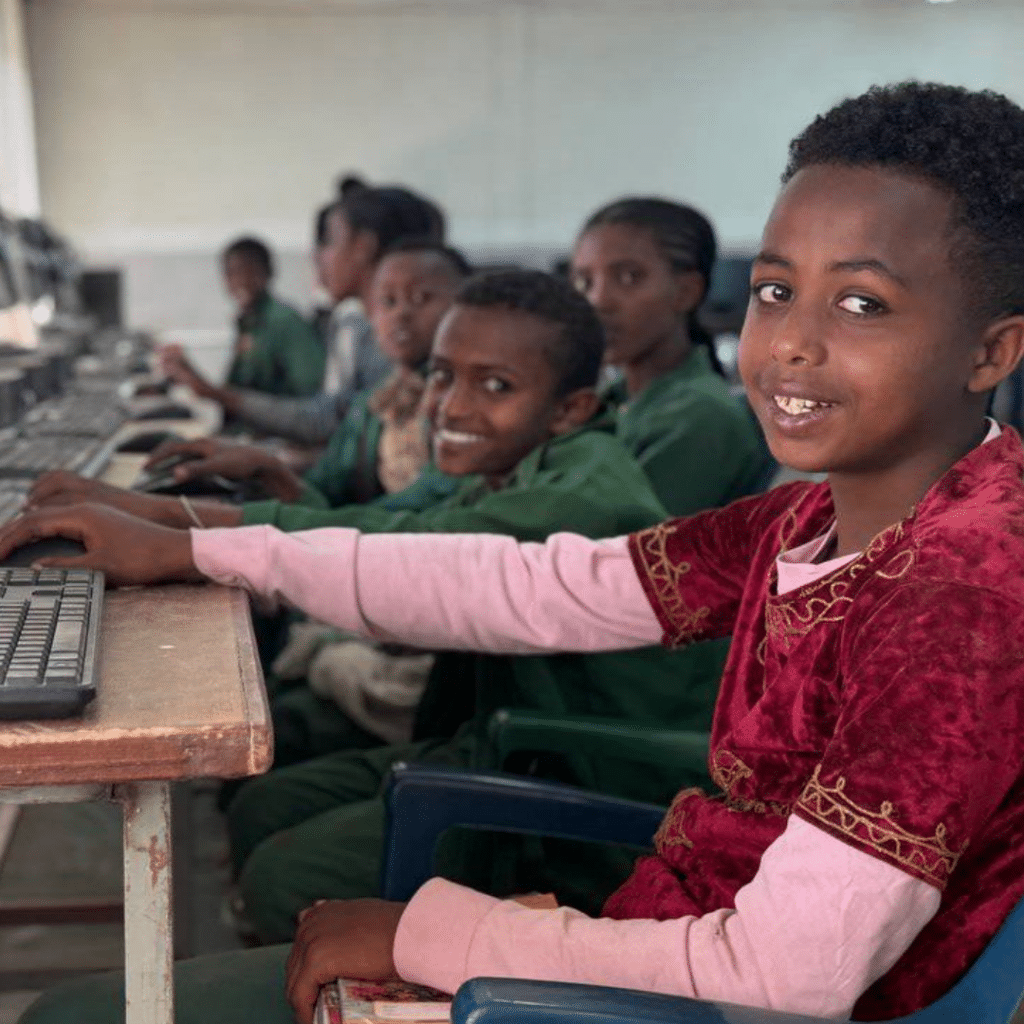
In a remote village, 12-year-old Abraham Setotaw, a Grade 5 student, had never seen a computer before. His school, with limited resources, made learning a constant struggle. However, after Camara provided Dell computers to the school, Abraham quickly mastered typing, research, and interactive maths lessons. As his grades improved, he gained access to knowledge far beyond his small village and began dreaming of becoming an engineer. The computer marked a turning point in his life, demonstrating how a single opportunity can be life-changing. Now, he encourages his classmates to dream big, too.
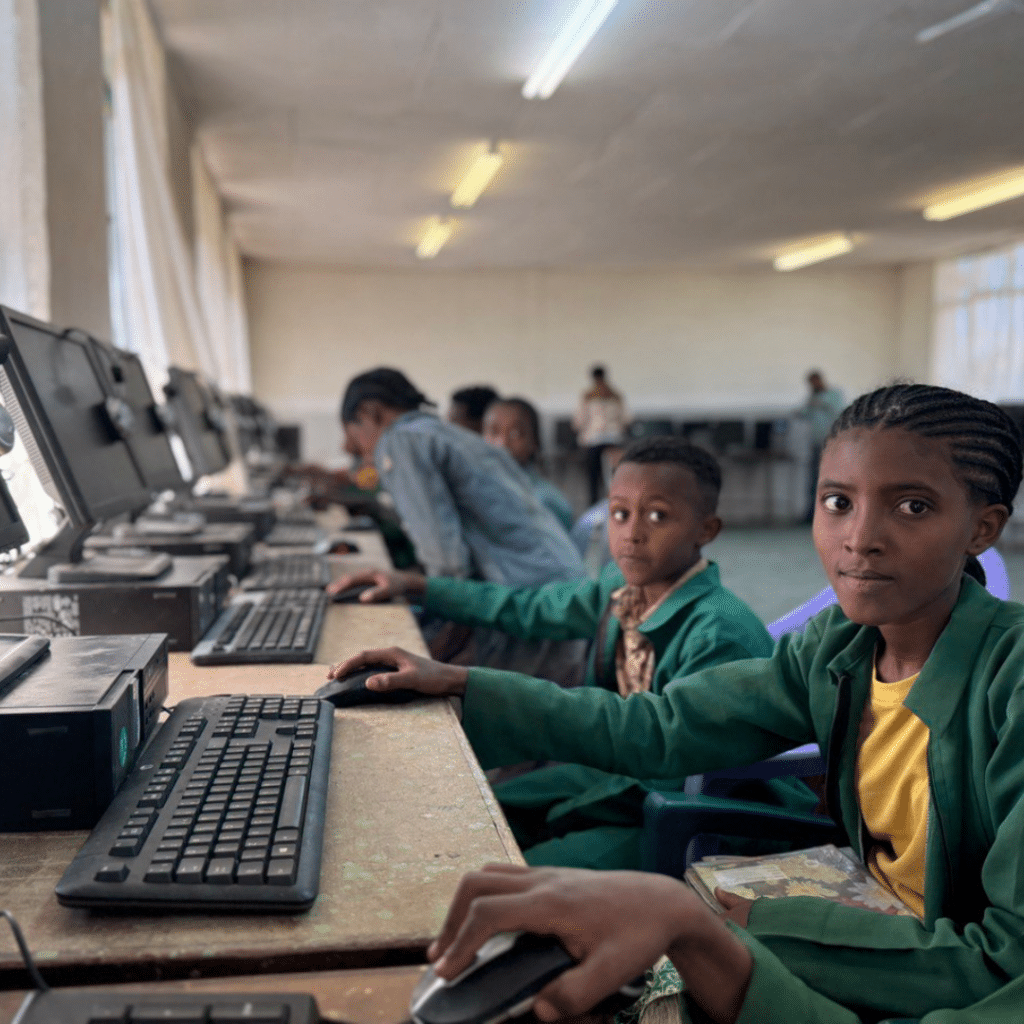
Meseret Shemelis, an 11-year-old in Grade 5, had always been curious about the world beyond her small village. But with limited resources, her dreams often felt out of reach. That all changed the day her school received Dell computers through Camara.
For the first time, Meseret had access to a digital world brimming with endless knowledge. She spent hours exploring, reading about planets, inventions, and groundbreaking discoveries. Her curiosity quickly turned into determination—she now aspired to become a scientist and create solutions for her community.
Thanks to Dell’s technology and Camara’s initiative, Meseret now dreams of building innovations that will transform lives. Her story is a powerful reminder of how access to technology can spark a passion for learning and shape an entirely new future.
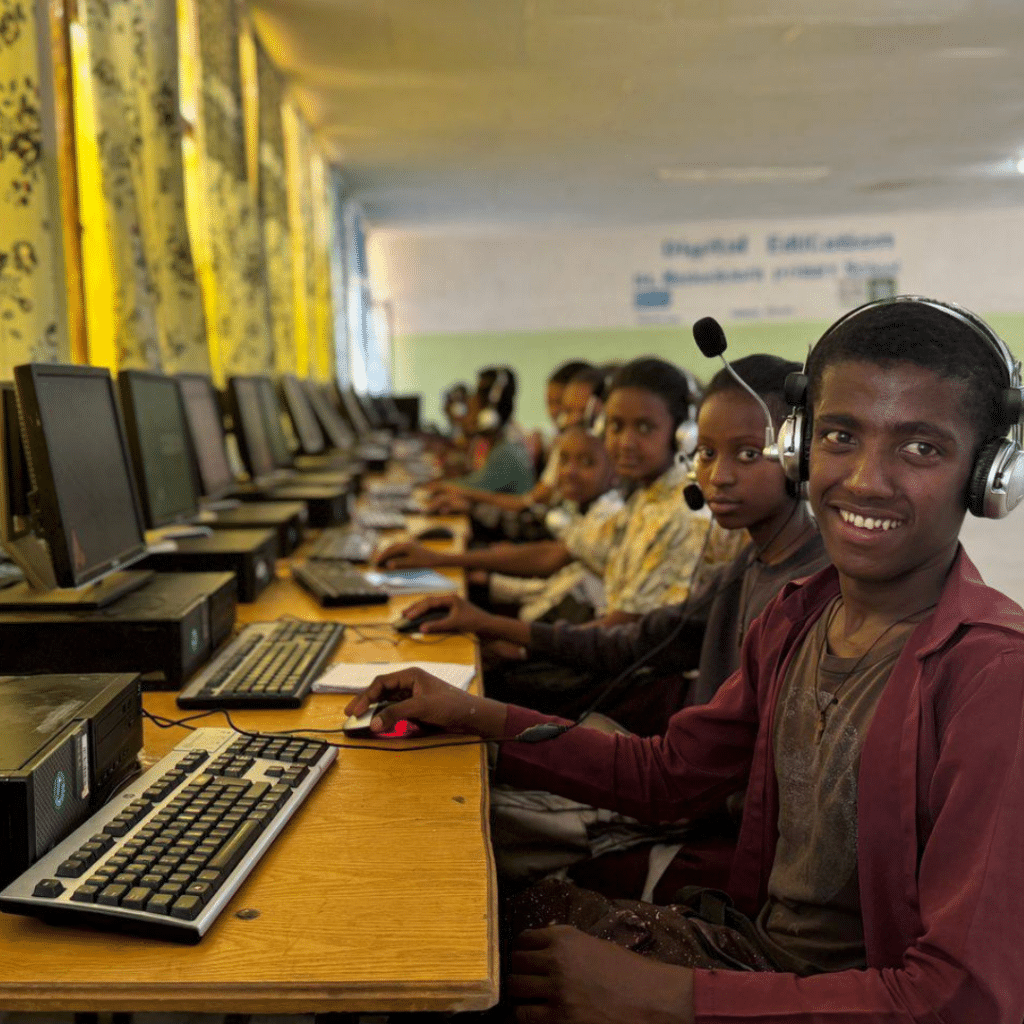
Another inspiring story comes from 16-year-old Fantayehonal Demesie, a Grade 7 student who has always been fascinated by numbers and problem-solving. Growing up in a community with limited educational resources, he often struggled to find the materials needed to deepen his understanding. That all changed when his school received Dell computers through Camara. For the first time, Fantayehonal had access to digital learning, opening up a world of new possibilities.
He eagerly explored advanced mathematics, coding, and problem-solving exercises, fueling his dream of becoming an engineer. With newfound determination and the power of technology, Fantayehonal now envisions designing infrastructure to improve his community. His story is a testament to how access to technology can transform a student’s future, turning dreams into achievable goals.
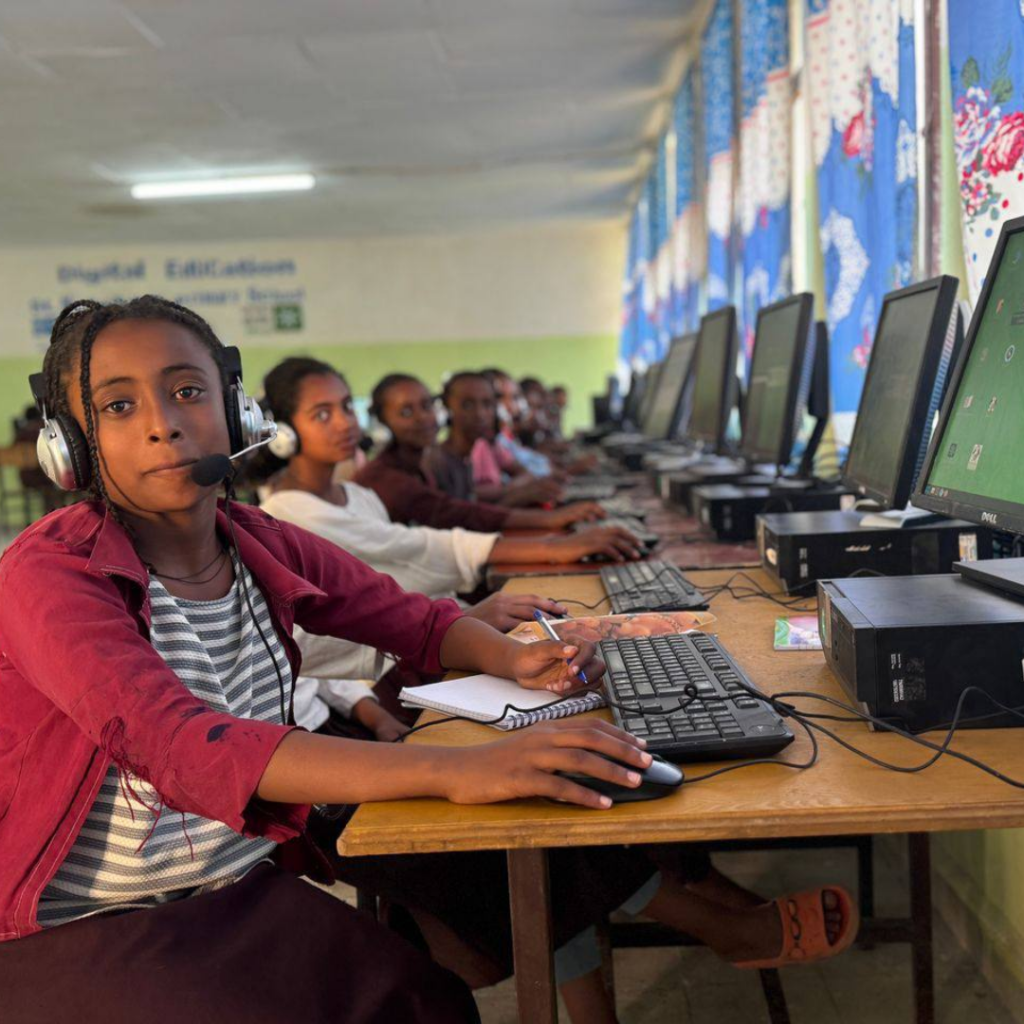
Bethlehem Meretue, a 13-year-old Grade 8 student, has a story just as inspiring. She has always been passionate about storytelling, but her small school lacked the resources to nurture her creativity. When Dell computers arrived through Camara, everything changed. Bethlehem discovered digital libraries filled with literature from around the world and spent hours honing her skills, writing poems and short stories.
With technology at her fingertips, Bethlehem’s confidence and ambition soared. She now dreams of becoming an author, sharing stories that inspire others. Her journey is a powerful example of how access to digital resources can empower students to discover and pursue their passions.

